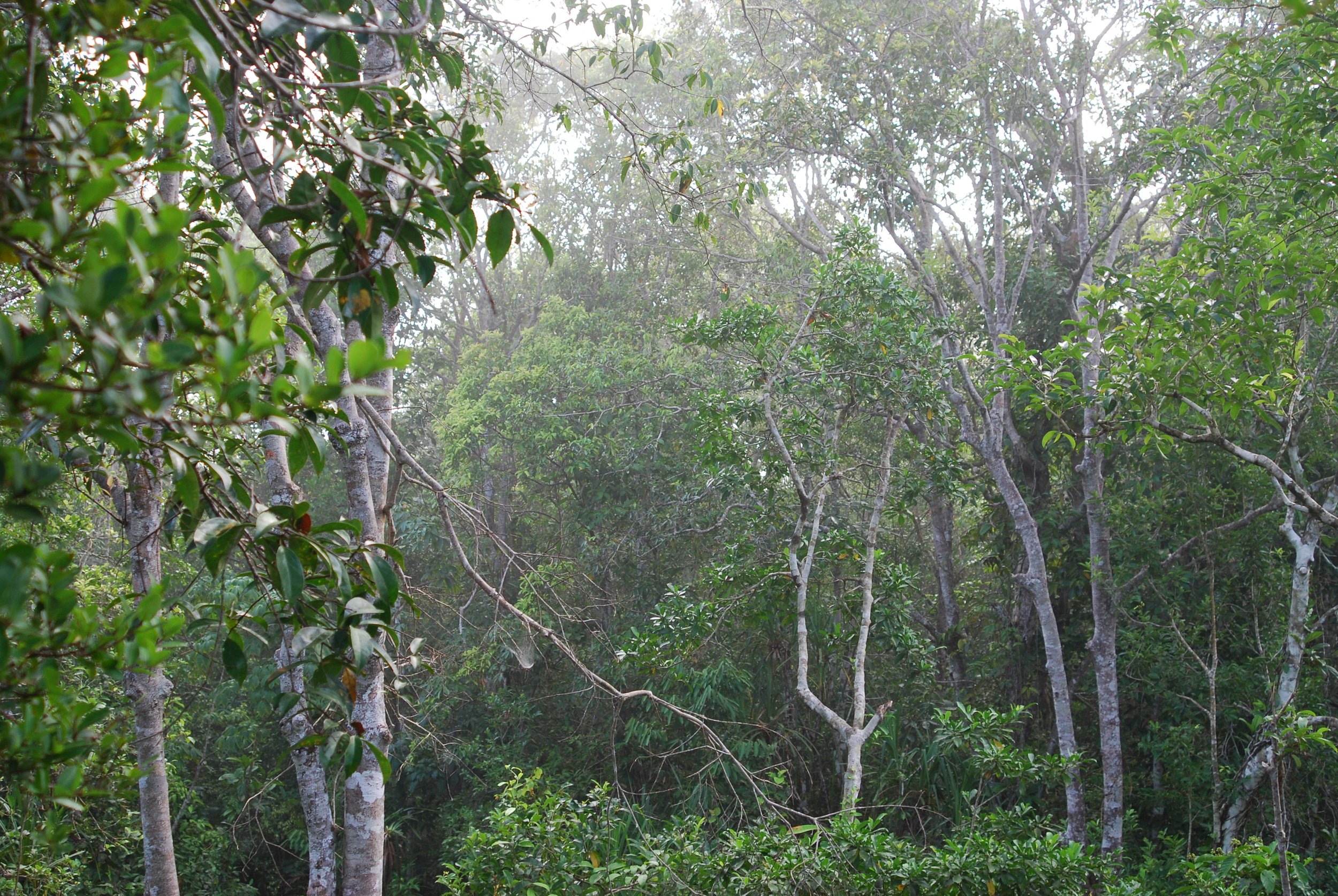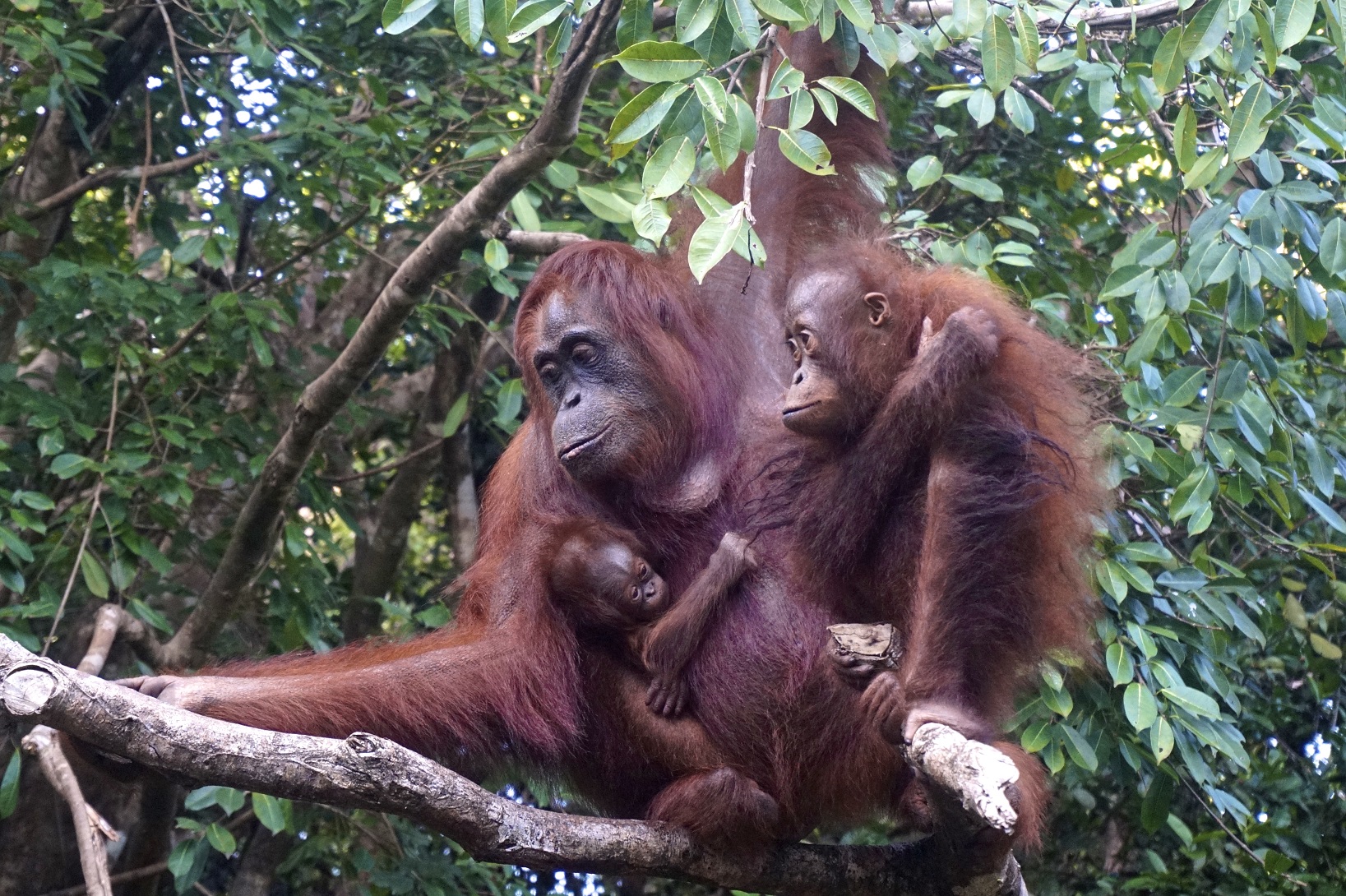With your support, 2021 has undoubtedly been a year to remember:
New Life. After nine months of waiting, there’s nothing more exciting for our orangutan monitoring teams than to see a female arriving at camp with an infant; and this happened seven times in Lamandau Wildlife Reserve in 2020!
Remarkably in 2021, we’ve continued to witness even more orangutan births. First came Sheila with her infant Silva, followed by Ilik with her infant Ilan, and recently we’ve spotted Camelia with her infant Tasia! When we consider that our team have documented 92 wild orangutan births in this forest between 2003 and 2021, it shows that this Reserve is clearly an optimum habitat for this species. Knowing we have increased the population of a critically endangered species by 92 has to be one of our proudest achievements.
Second Chances. When restrictions from the pandemic eased, it gave our field team the opportunity to complete the final and perhaps most rewarding part of our orangutan soft-release programme, to release orphans back into the wild where they belong.
Okto, Pegi, and Bumi were each previously kept as pets so they had many skills to learn without their mother. It’s therefore understandable for them to take some time to become fully prepared for an independent life. Together this trio had spent almost a decade under the tutelage of our staff, until this year the time had finally come for them to be released and explore the forest on their own.
Following these departures, this year we also welcomed a new face into our care when one-year-old Sinta was discovered alone and abandoned in the Reserve. In soft-release she will have the opportunity to strengthen her forest skills so that she too can be released one day!
A Flourishing Forest. We know that tropical rainforests are the most biodiverse terrestrial ecosystems on earth, but there’s so much of this rich habitat we cannot see. By strategically positioning remote camera traps and carrying out surveys in the dead of night, we can glimpse a little more into this hidden world.
This year our team at Pondok Ambung Tropical Forest Research Station have continued to monitor the health of Tanjung Puting National Park’s biodiversity by recording sightings of vulnerable species such as tarsiers, clouded leopards, sun bears, proboscis monkeys, false gharial crocodiles, and many more. If we needed reminders to why we should protect this forest, what better examples than these!
Working Remotely. You don’t get the best Wi-Fi signal in the rainforest, but technology has enabled us to communicate and engage with wider audiences from homes and offices this year. On International Day of Forests in March, our Director Ashley Leiman OBE together with Ian Redmond OBE and Dr Ian Singleton OBE hosted an enlightening live webinar to discuss the past, present, and future of orangutan conservation.
In the field our team have also embraced this new way of working. Conservation Corner for example is a section our local office where youth groups, students, researchers, and members of the conservation community would meet to exchange strategies and ideas. Now this discussion is often held online which means that it can be shared quickly and be accessible to a wider audience.
Cooperation. In June we were delighted to sign our third Memorandum of Understanding with the Indonesian Ministry of Environment & Forestry allowing Orangutan Foundation to continue our work in Central Kalimantan.
Following the tightest restrictions of the pandemic, our engagement team couldn’t wait to get back out to schools and local communities this year. Several educational events were hosted in 2021, including some wonderful activities for Orangutan Caring Week in November. Our dedicated team visited nearby villages and schools to raise awareness by handing out leaflets, books, and T-shirts. They were thrilled to see such enthusiasm on the faces of younger generations, and it was eye-opening to understand more about how animals from the forest and rivers impact the daily lives of local people. This cooperation and knowledge is essential to continue our vital work.
Future Forests. Forest fires occur each year in South East Asia. Fortunately though in 2021, we were pleased to see that the habitats we protect were not severely affected by fires, instead it was flooding that impacted many of our forest guard posts. This too is a reminder that the impacts of global warming are undeniably being felt in this part of the world.
Following the COP26 summit, our Forest Restoration team cultivated and planted around 30,000 young tree saplings this year to help reduce the impacts of climate change. Additionally, they decided to reduce our plastic waste by making the switch to biodegradable sapling bags. These bags are hand-made from pandan leaves by local villagers, providing an additional source of income and encouraging nearby communities to support their natural world.
Your Support. 2021 has been unique in many ways, but as in previous years, we have still received unwavering support from members, followers, and fundraisers this year.
Your commitment helped us reach our fundraising targets for our Green Match Fund, Christmas Challenge, and for International Orangutan Day you protected over 2,500 acres of orangutan habitat! Not to mention the sponsored bike rides, fun run’s, and bake sales which have all made a massive contribution towards the protection of critically endangered orangutans and the safeguarding of their crucial forest environment.
Thank you to everyone who has supported our ongoing conservation programmes this year and with your help we look forward to another memorable year in 2022!


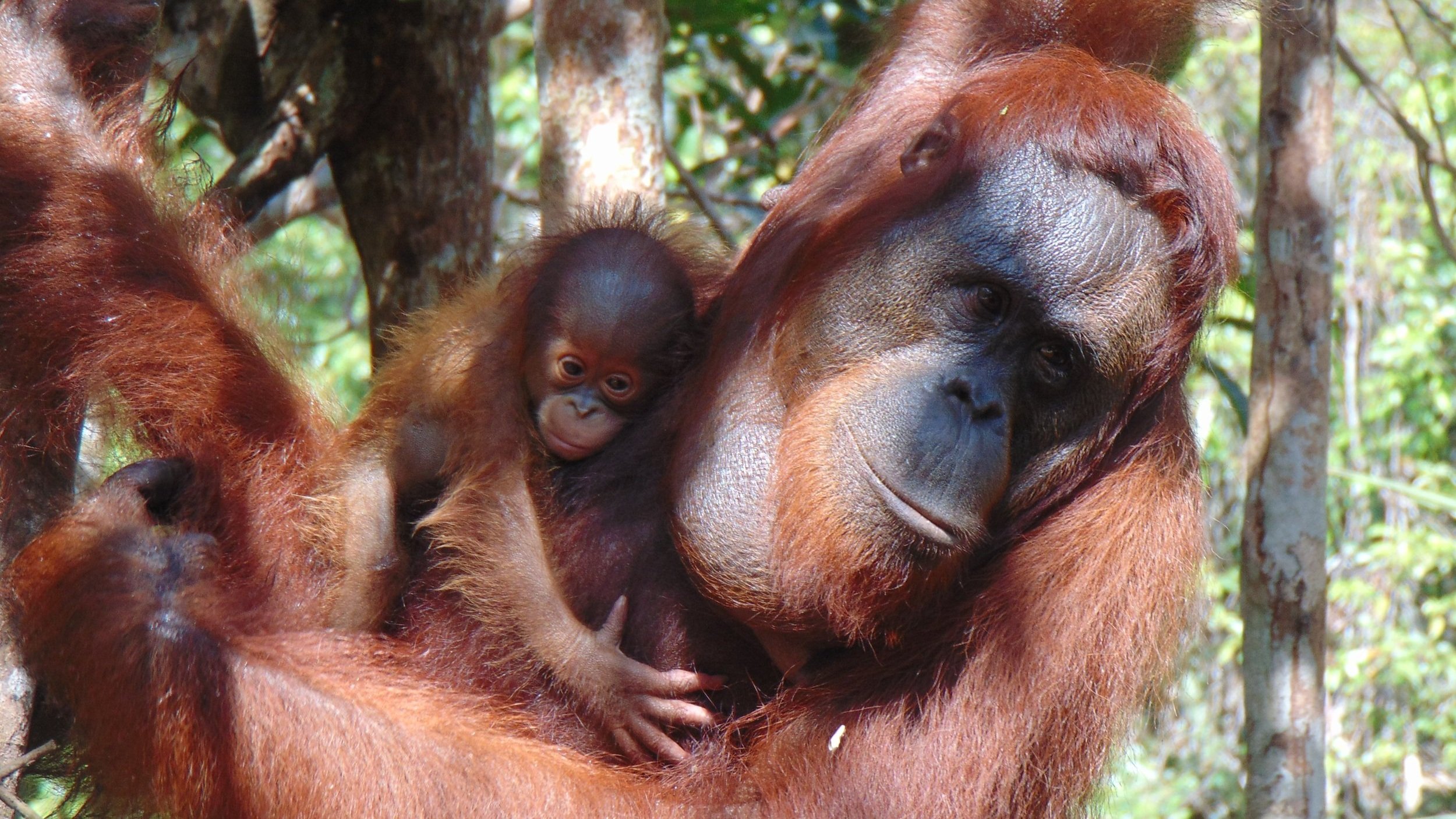
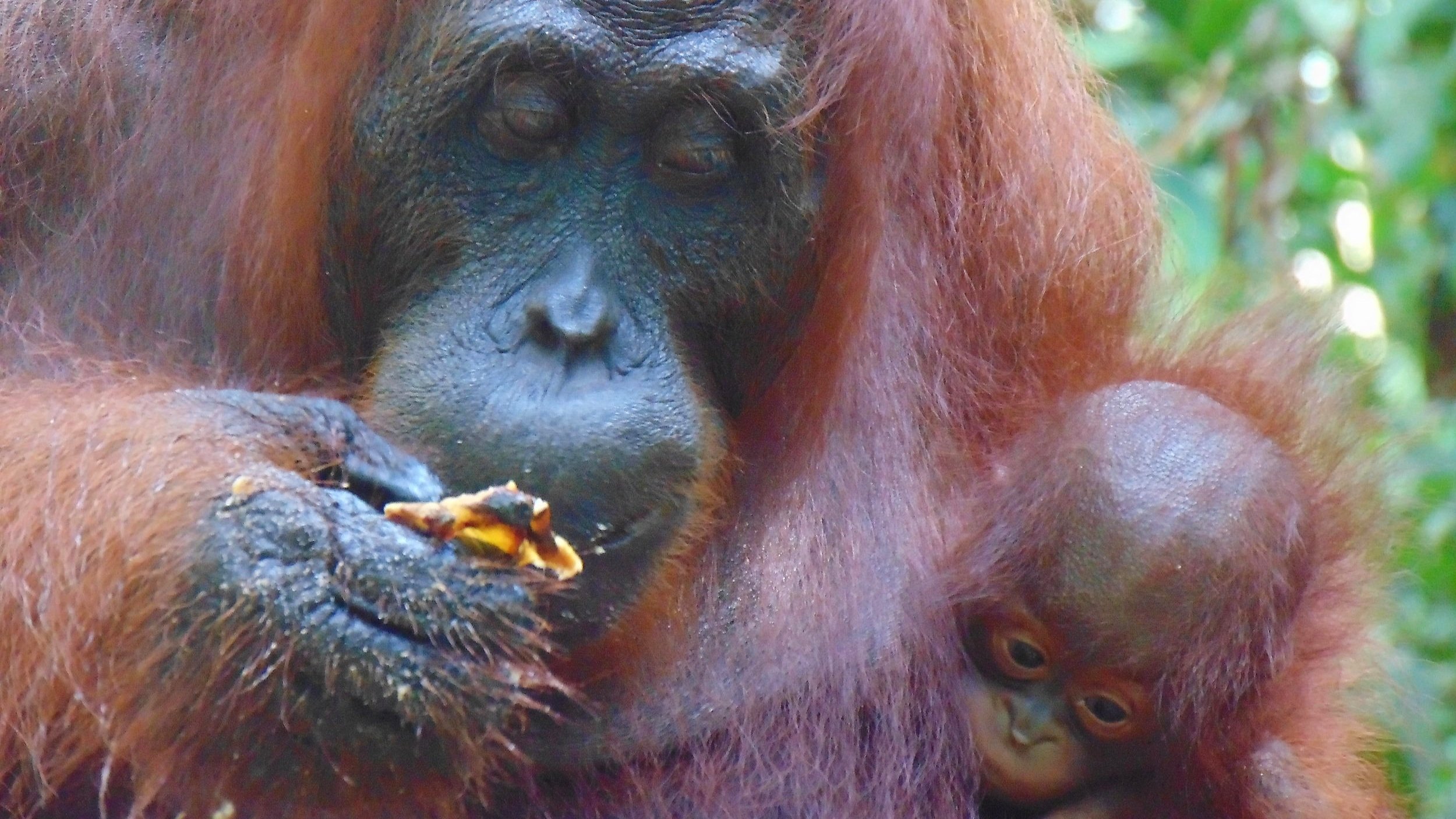
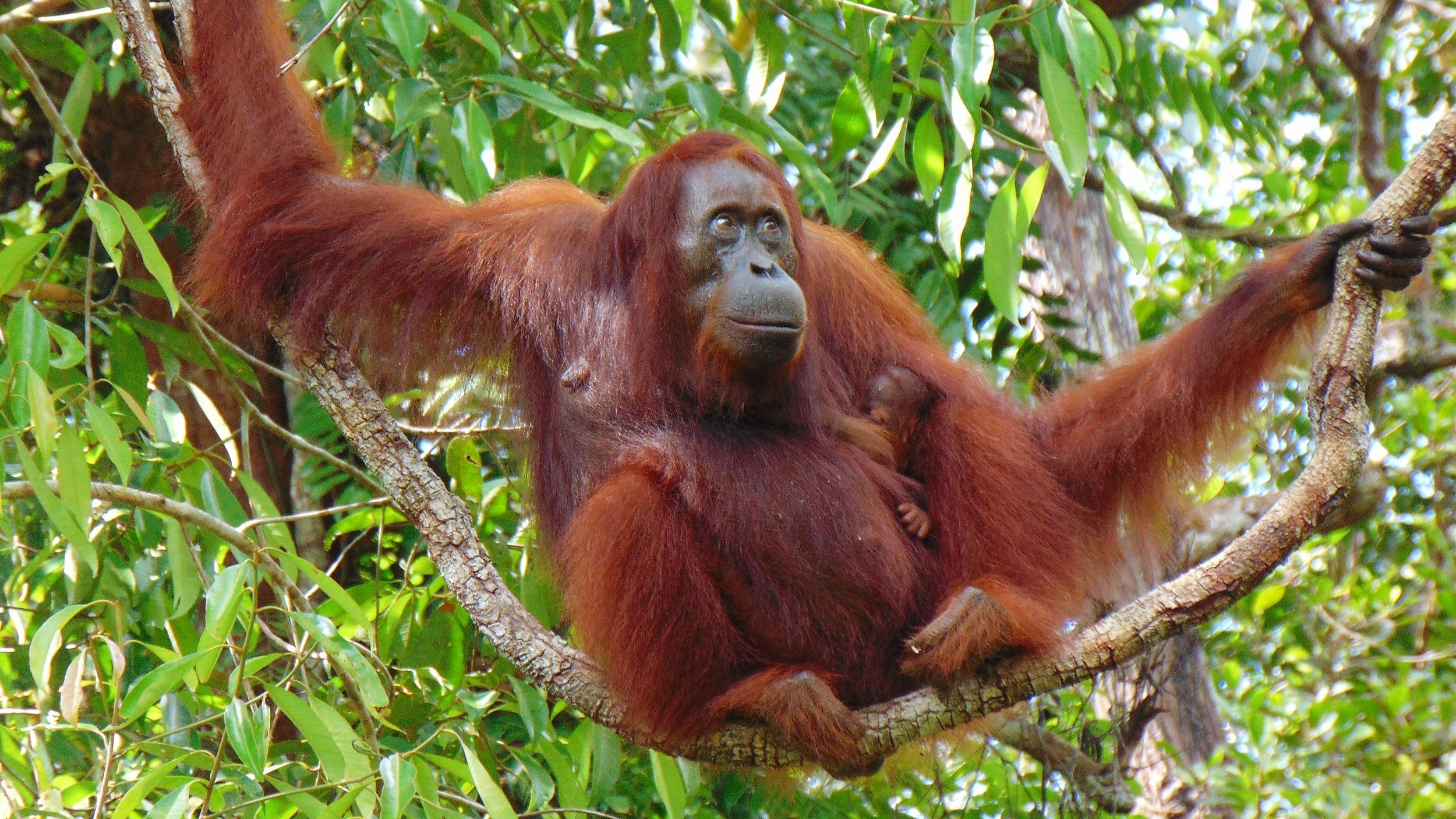
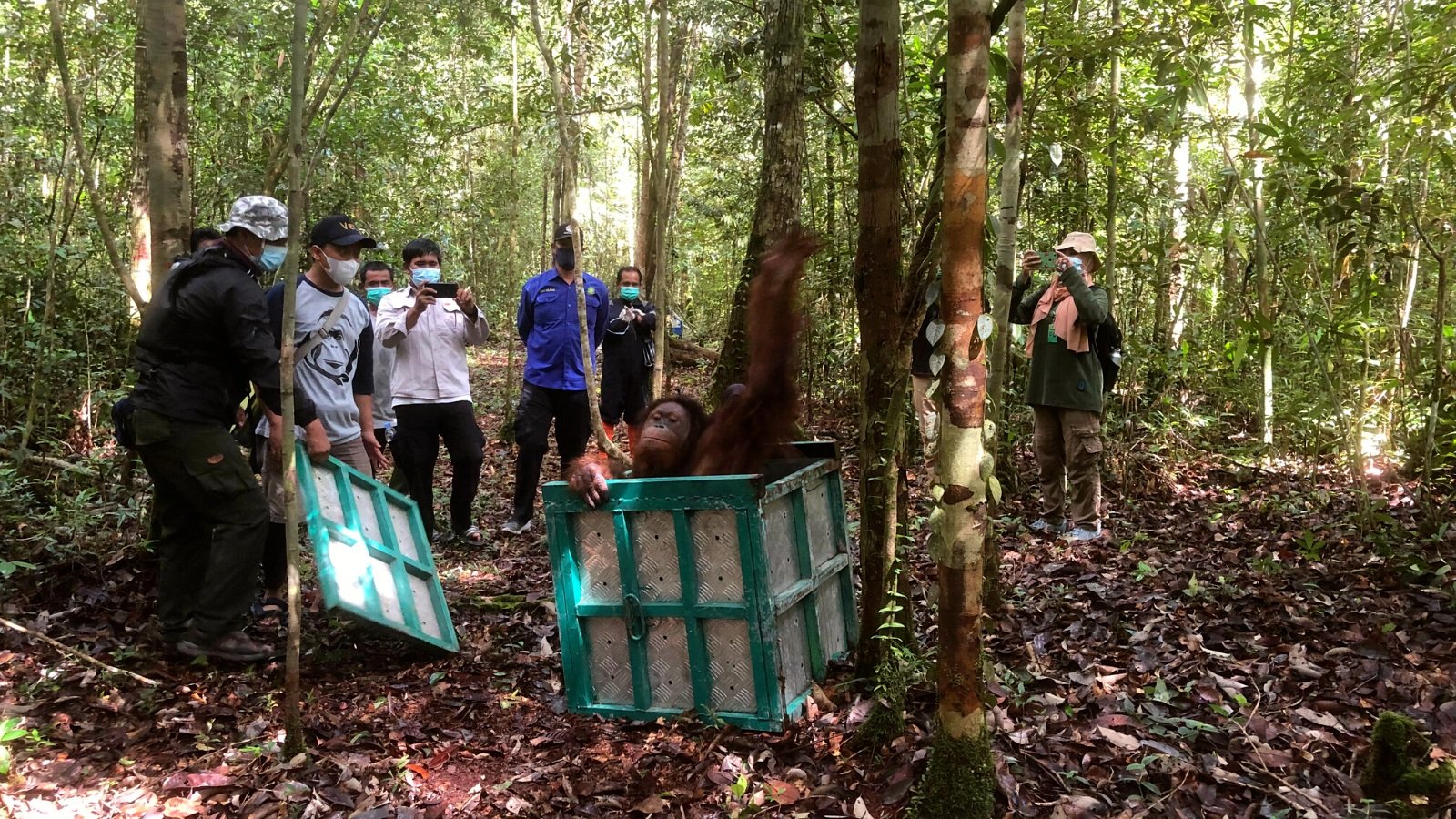
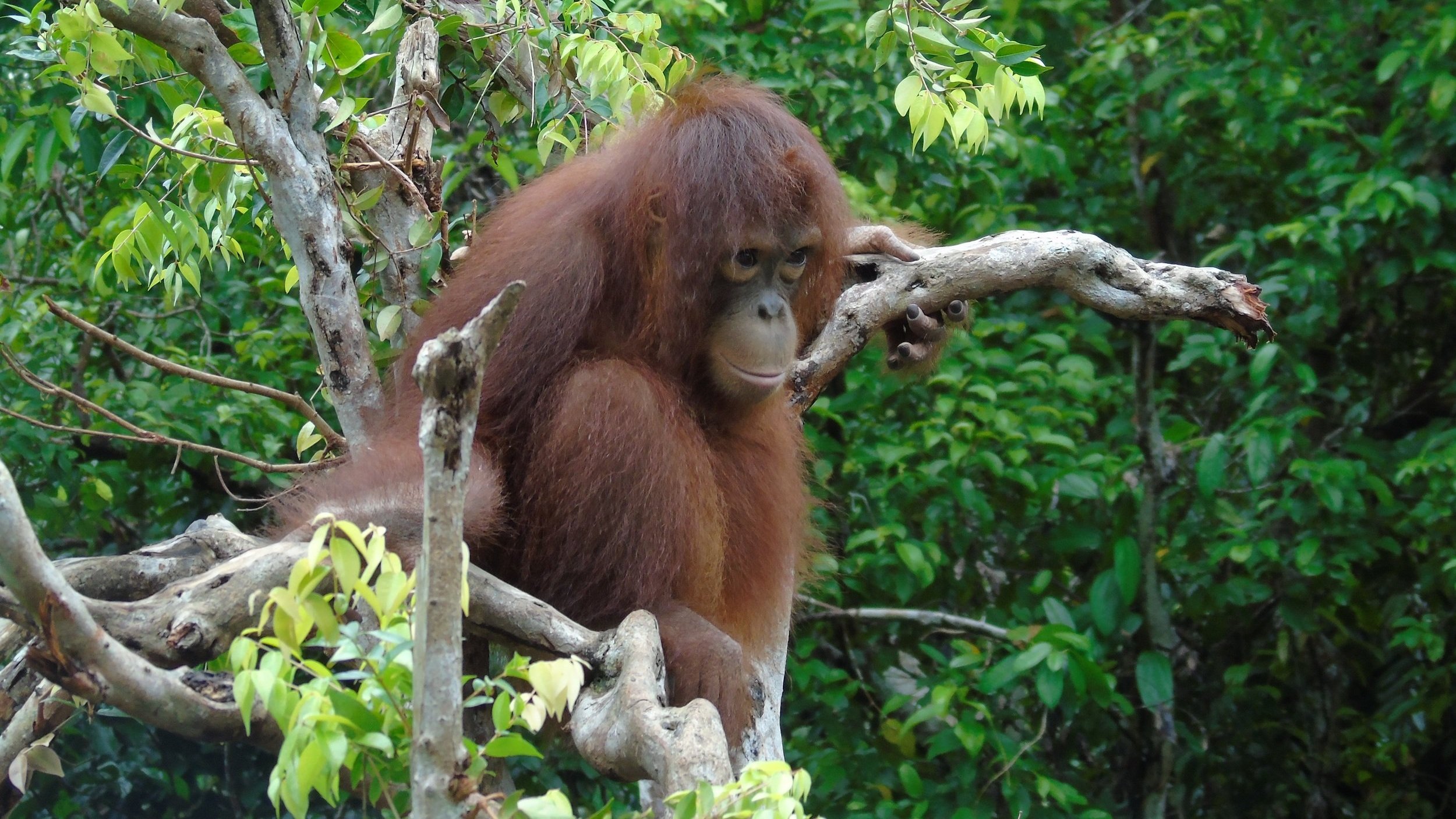
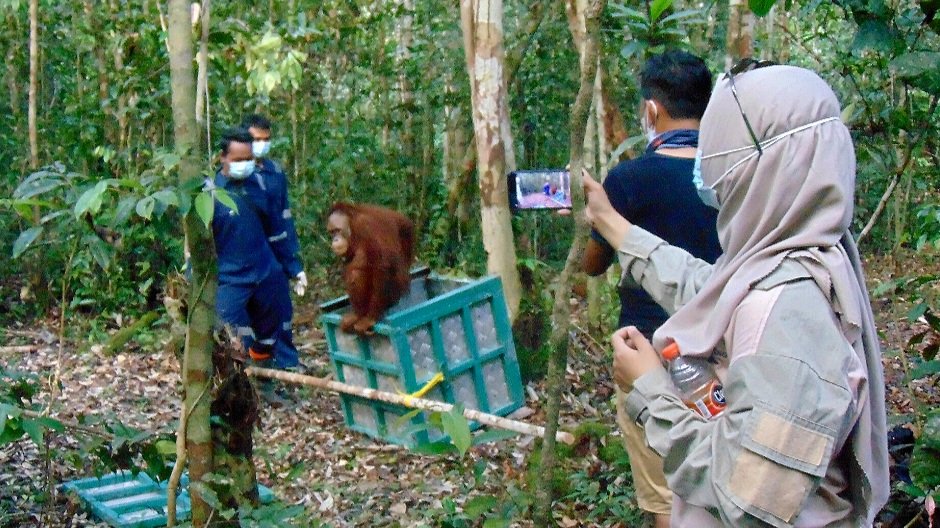
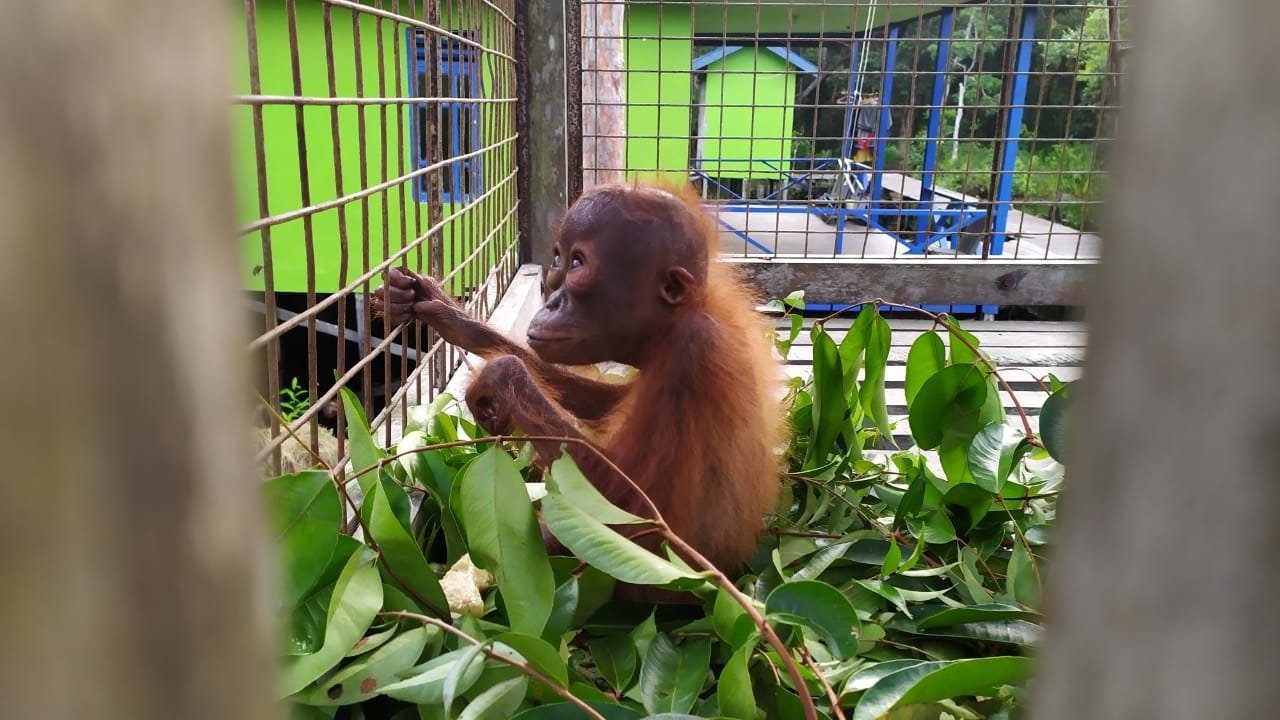
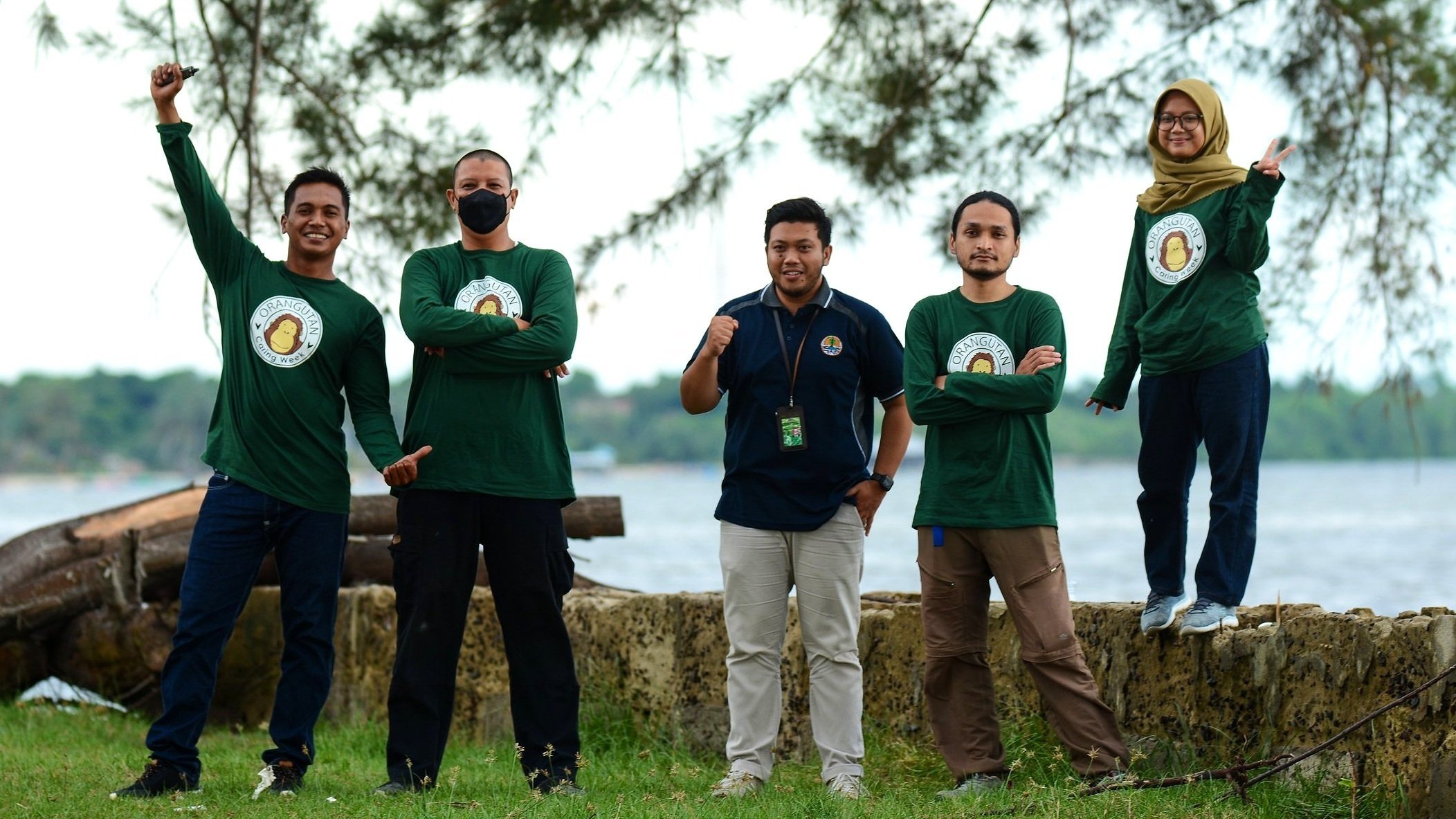
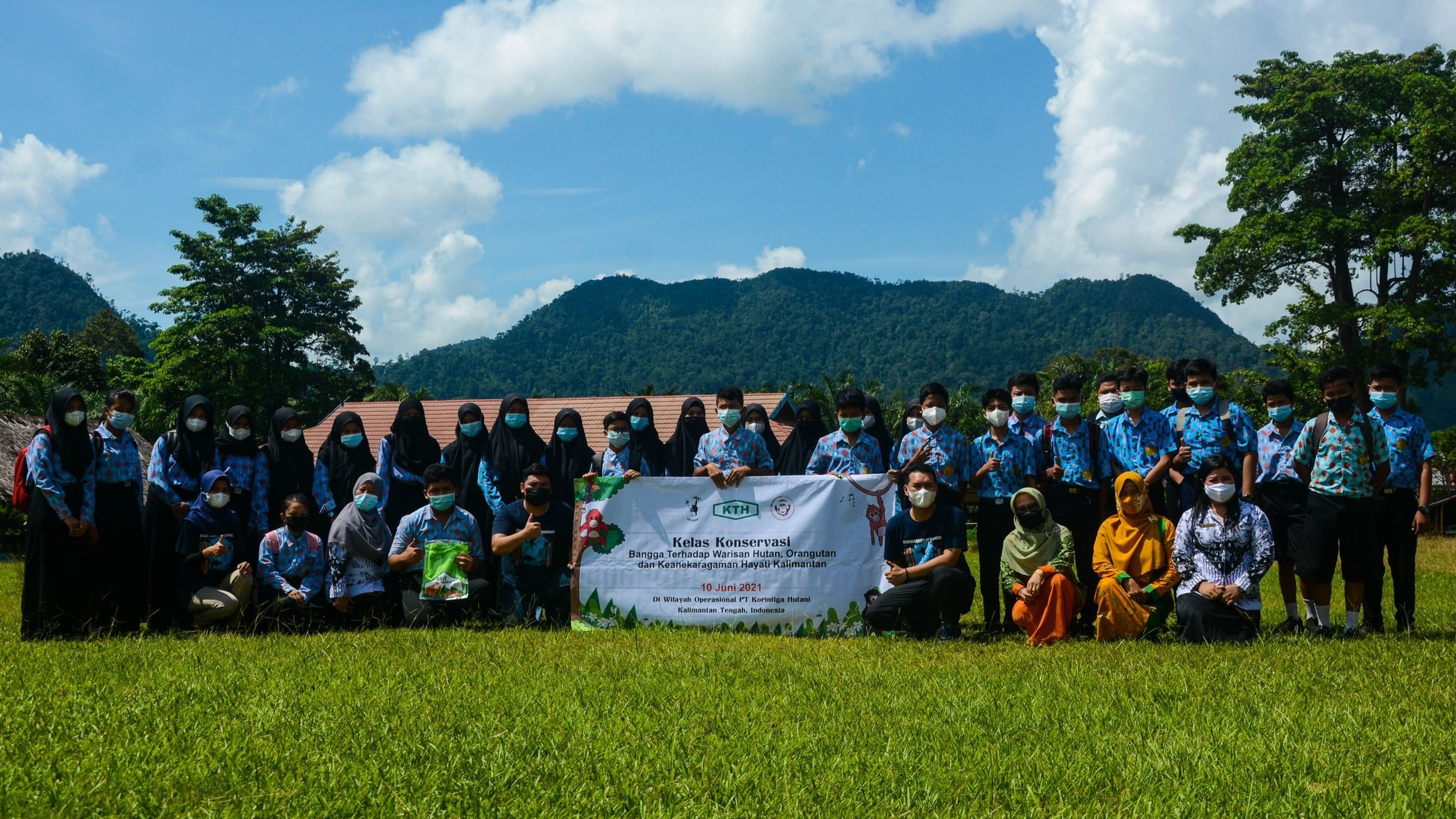
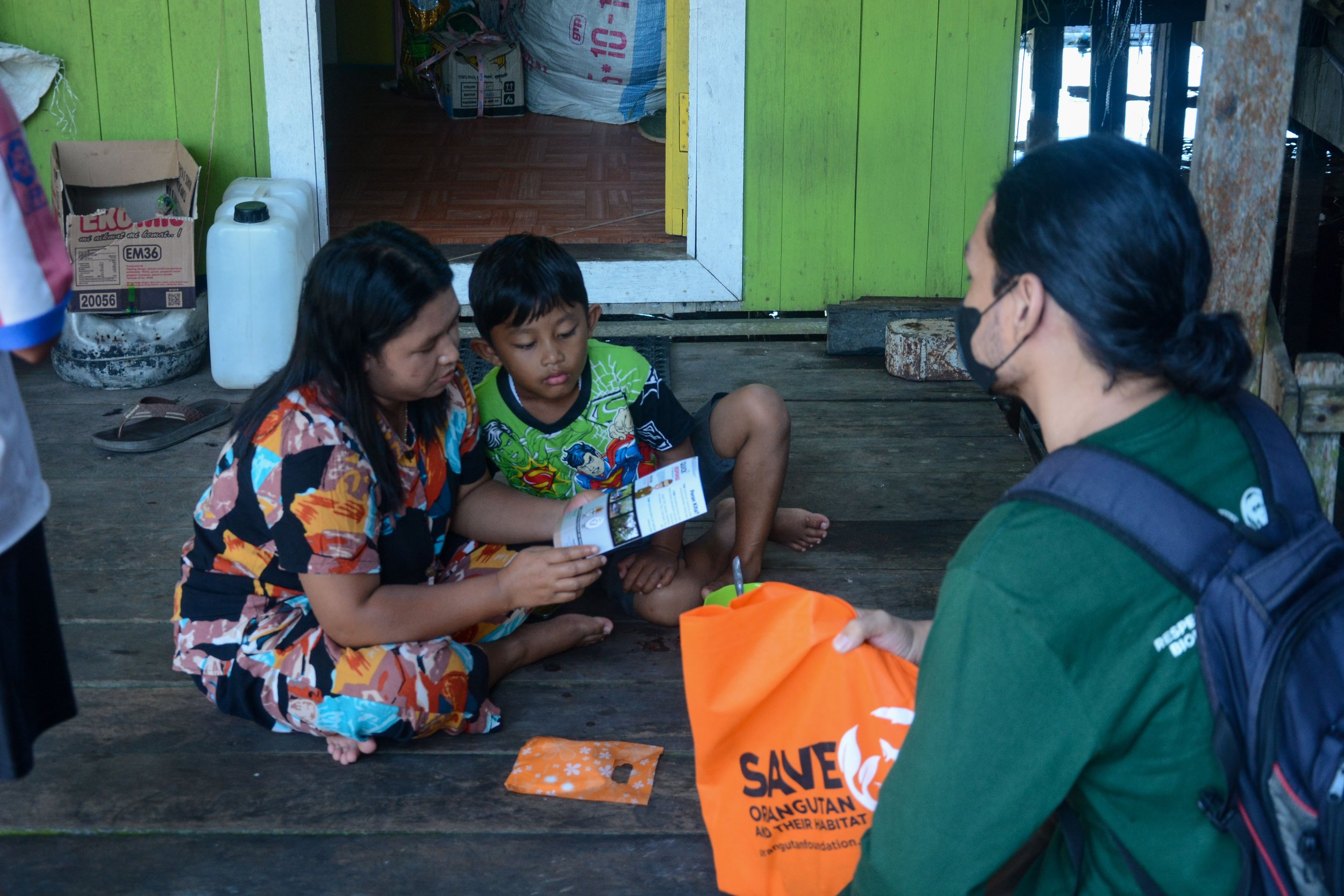
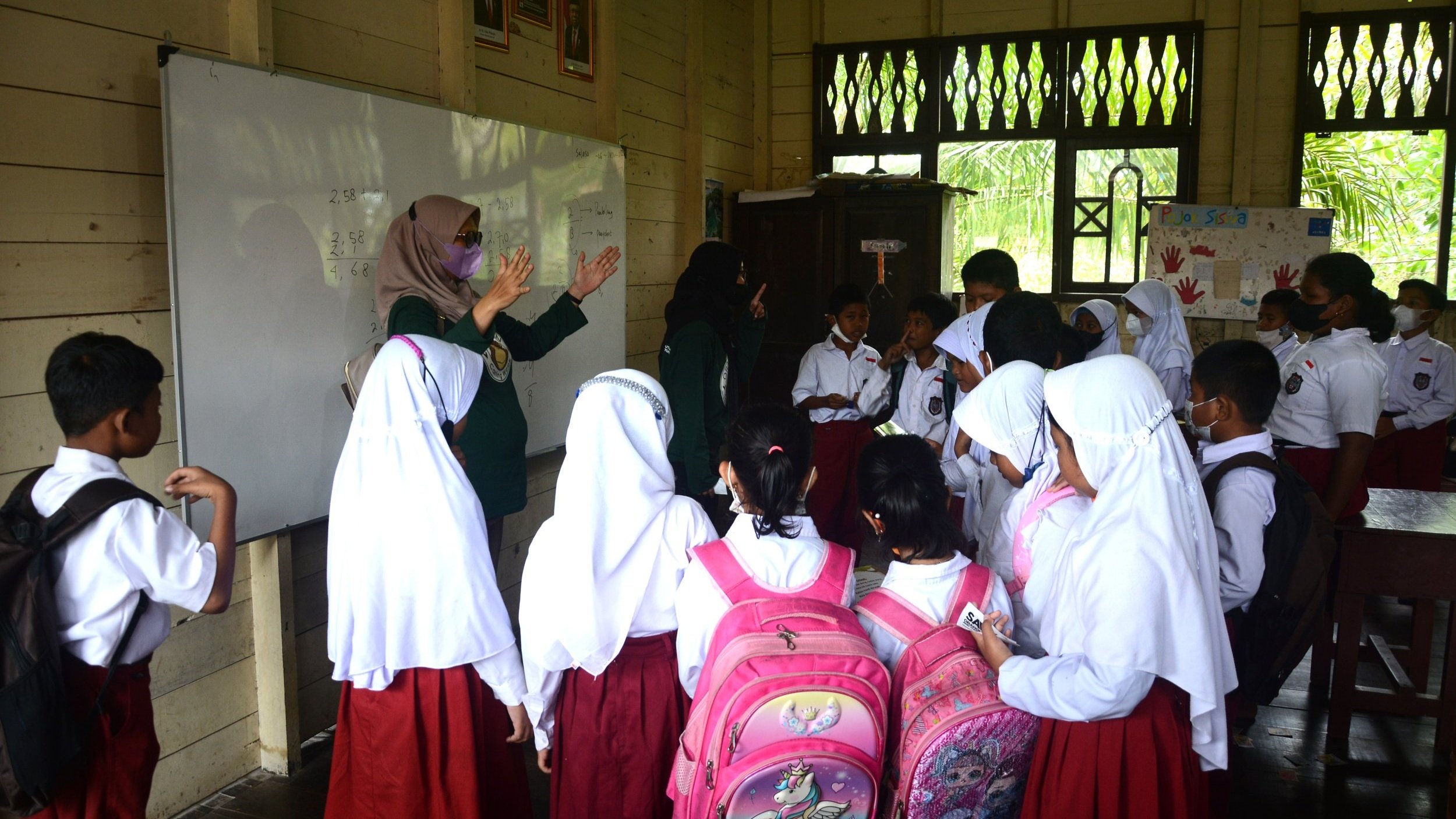
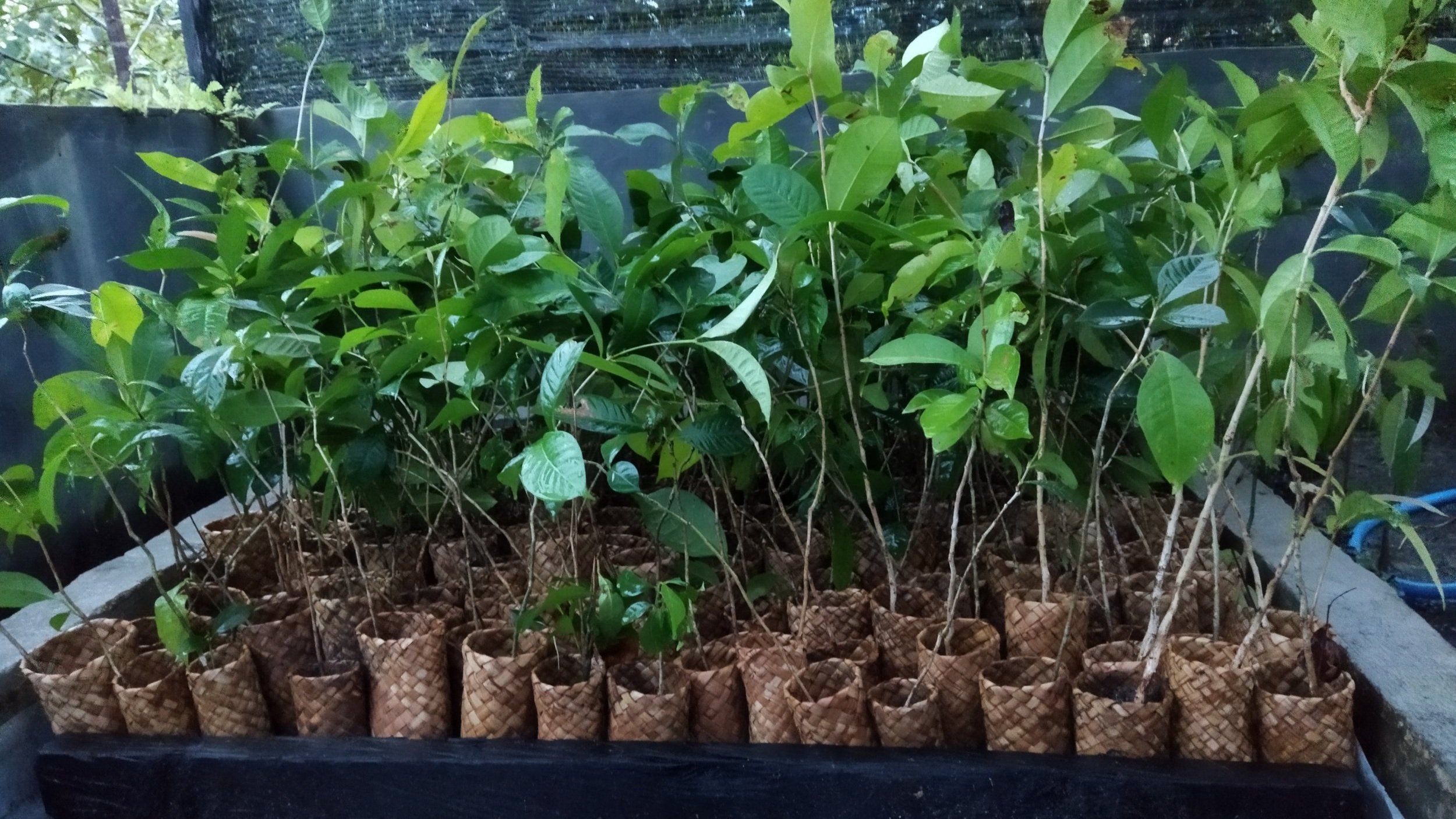
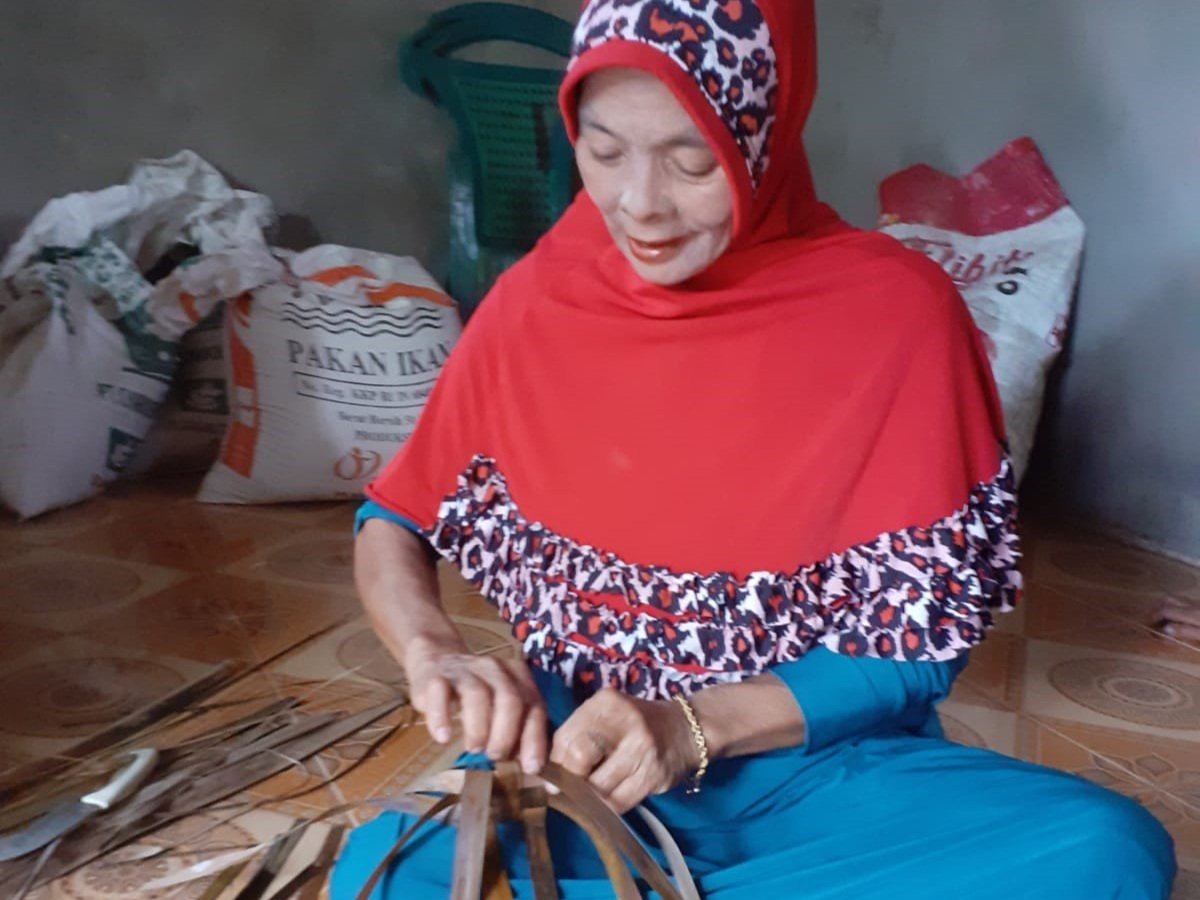
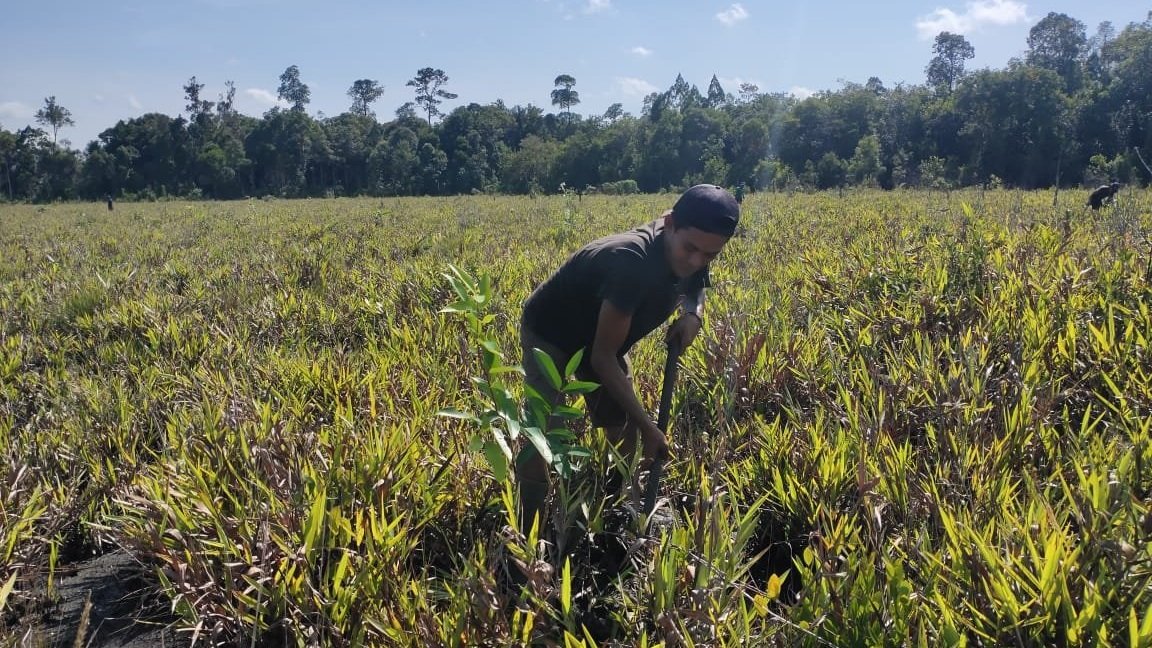
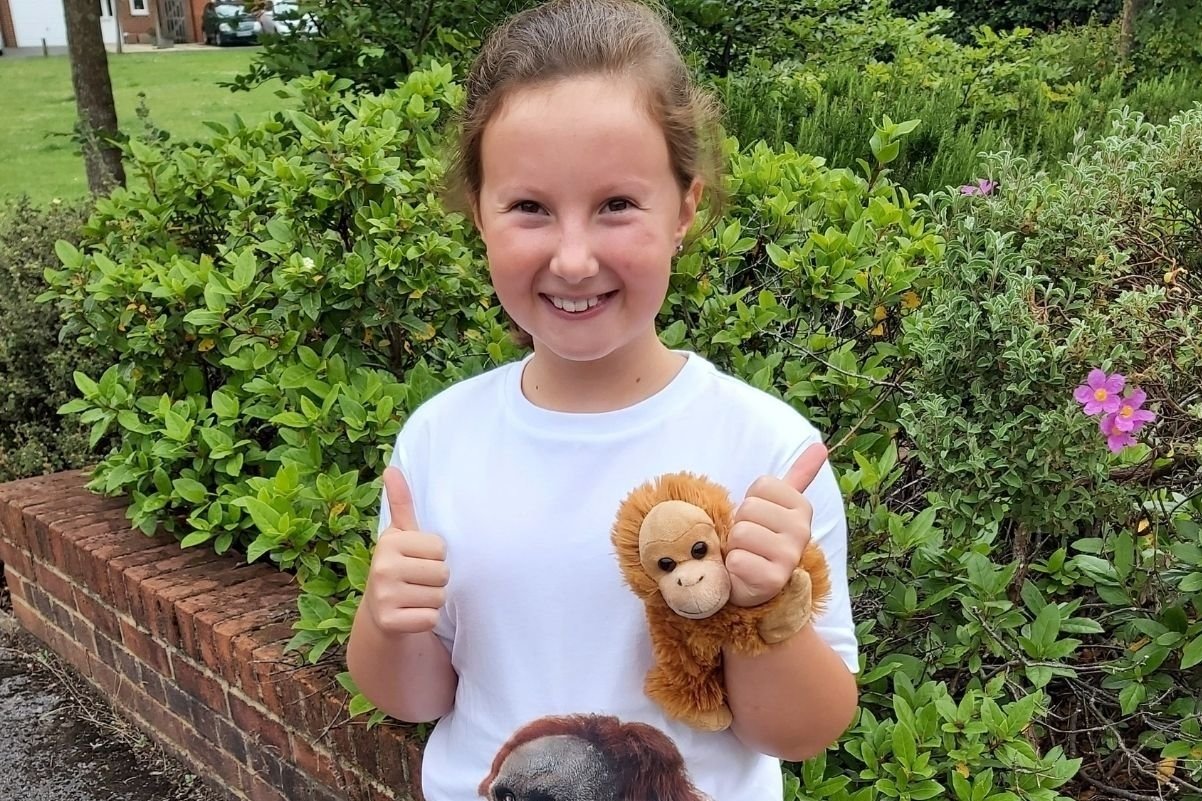
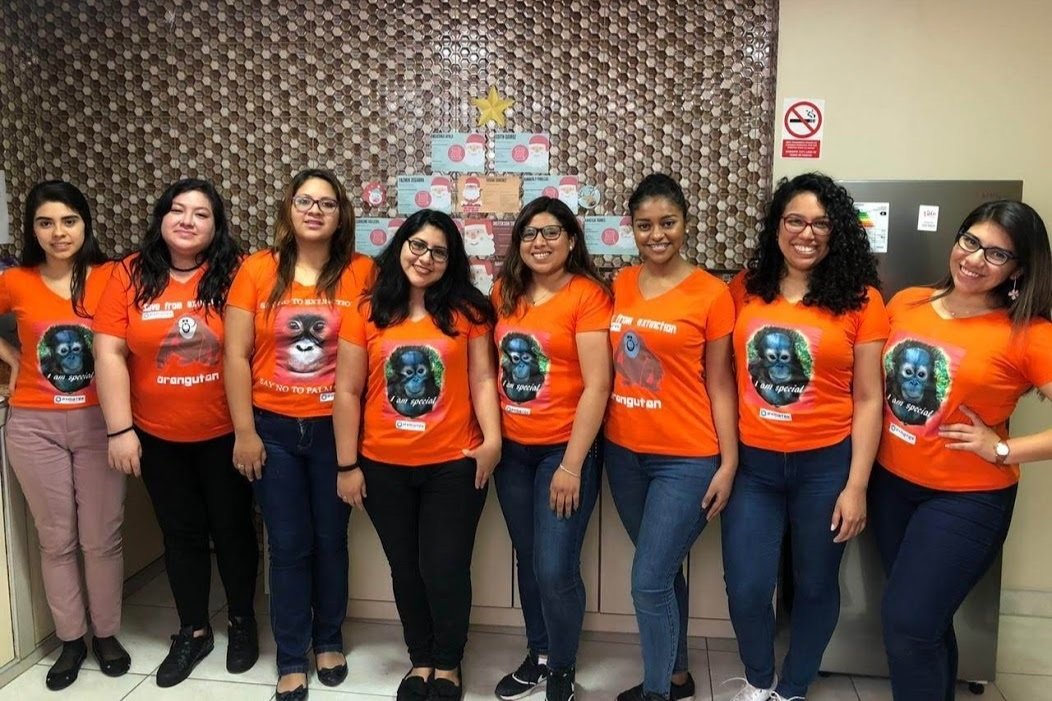
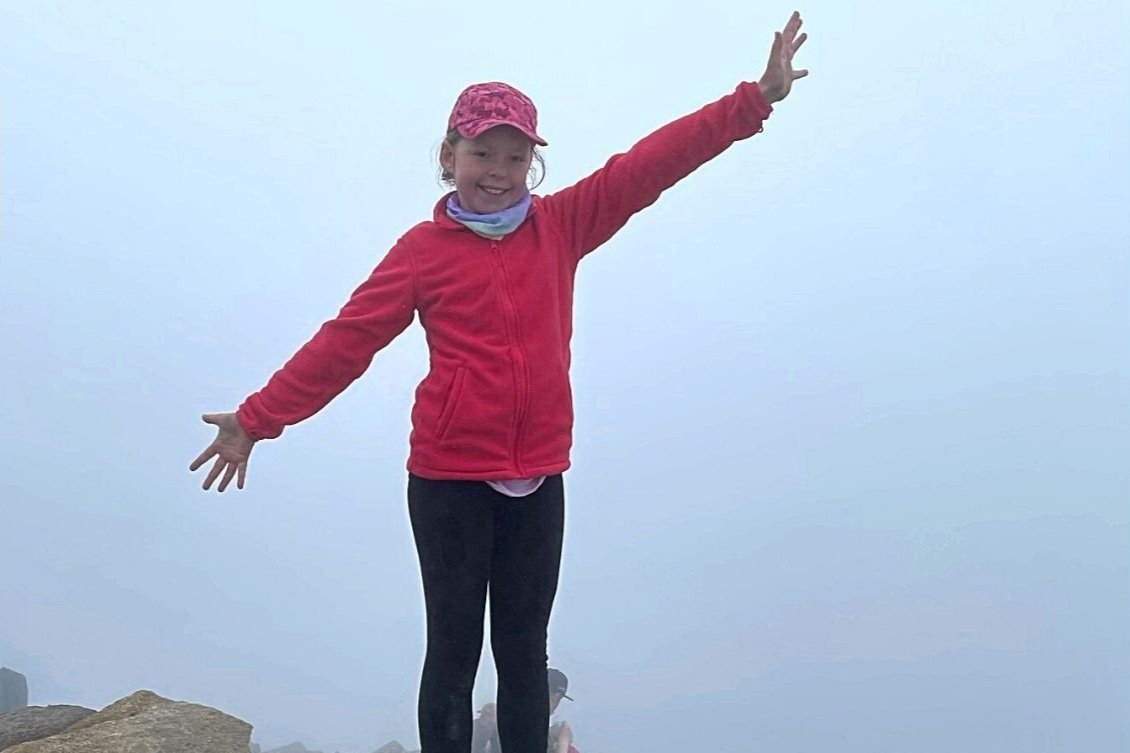


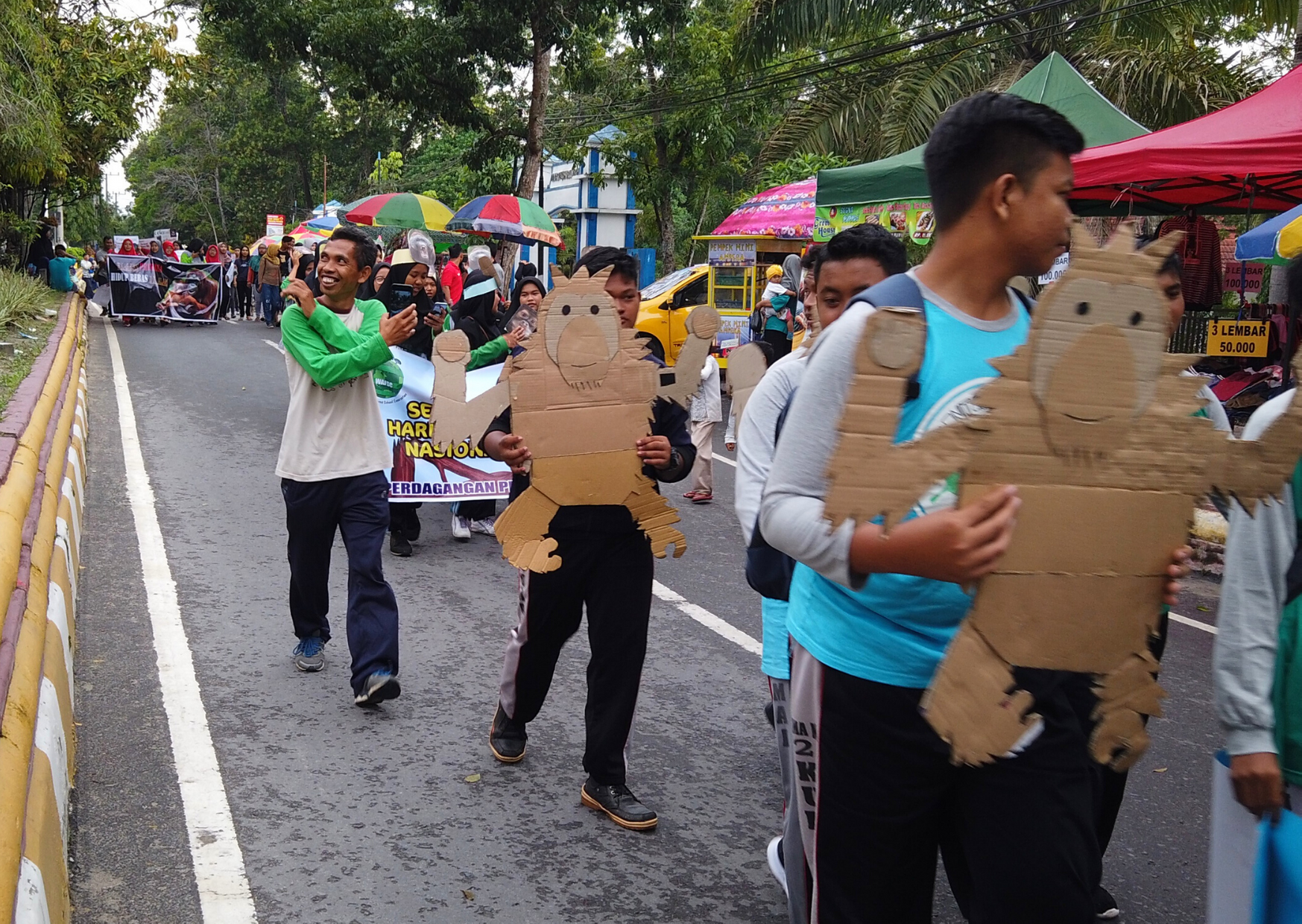





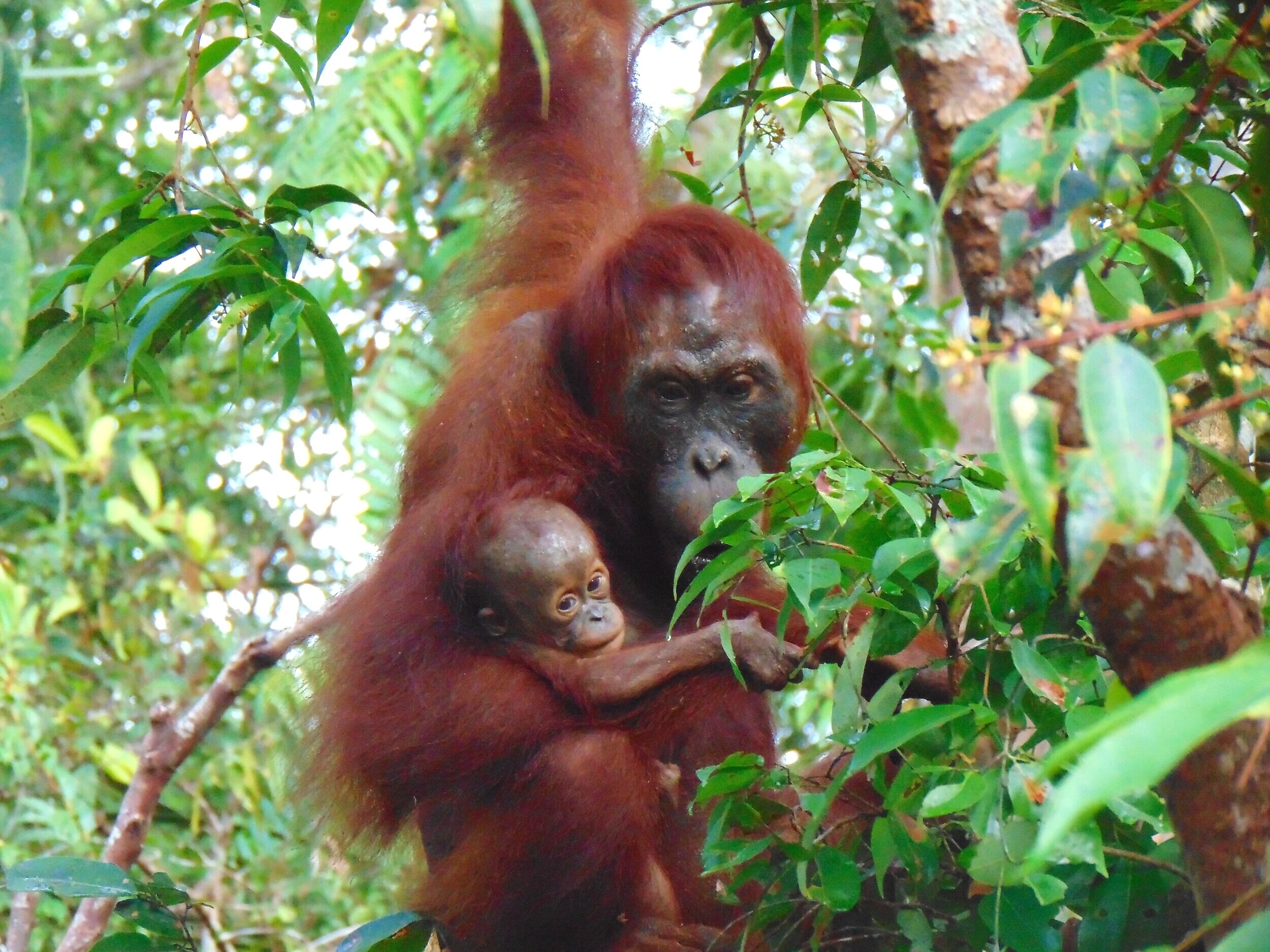
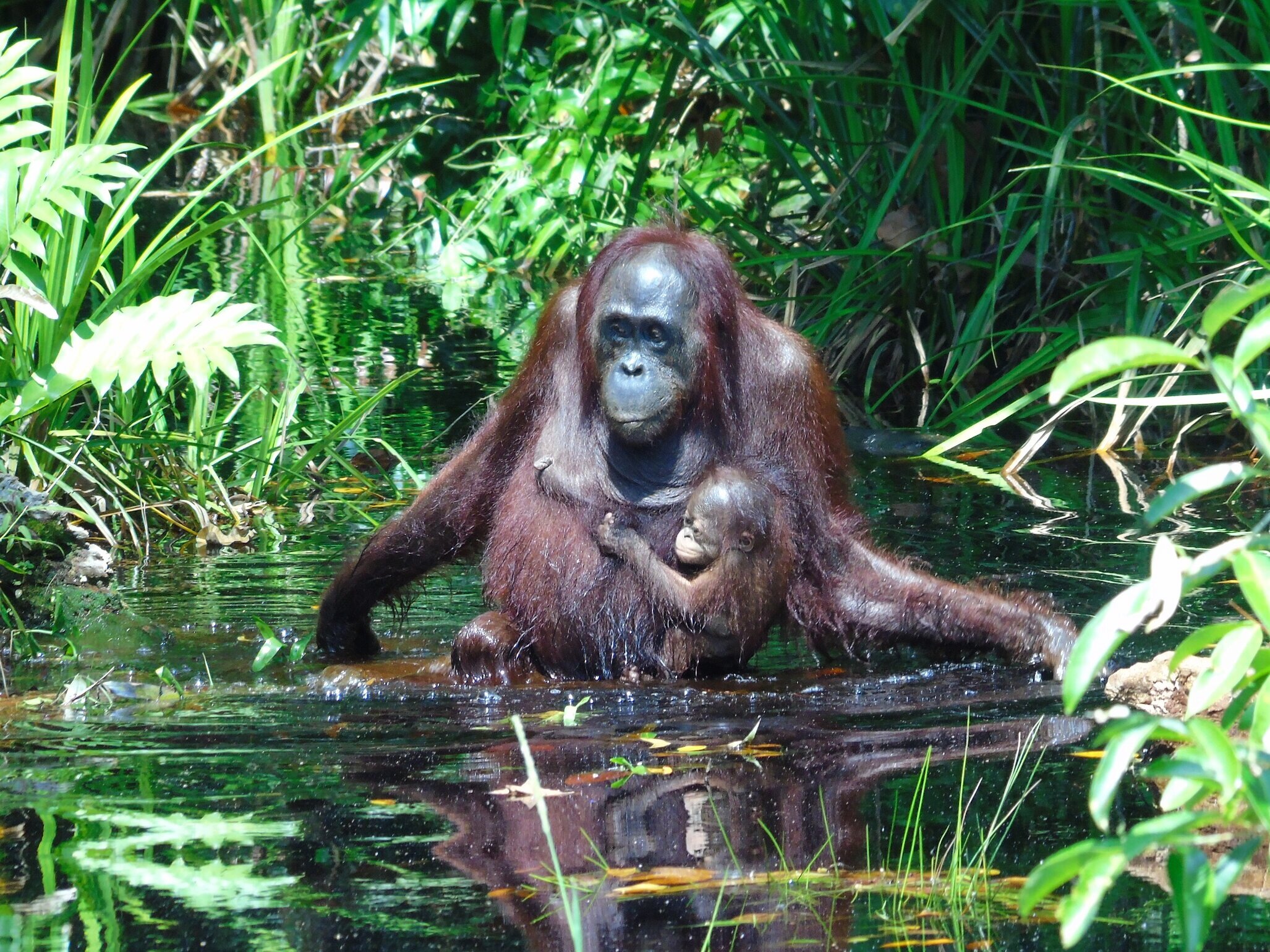
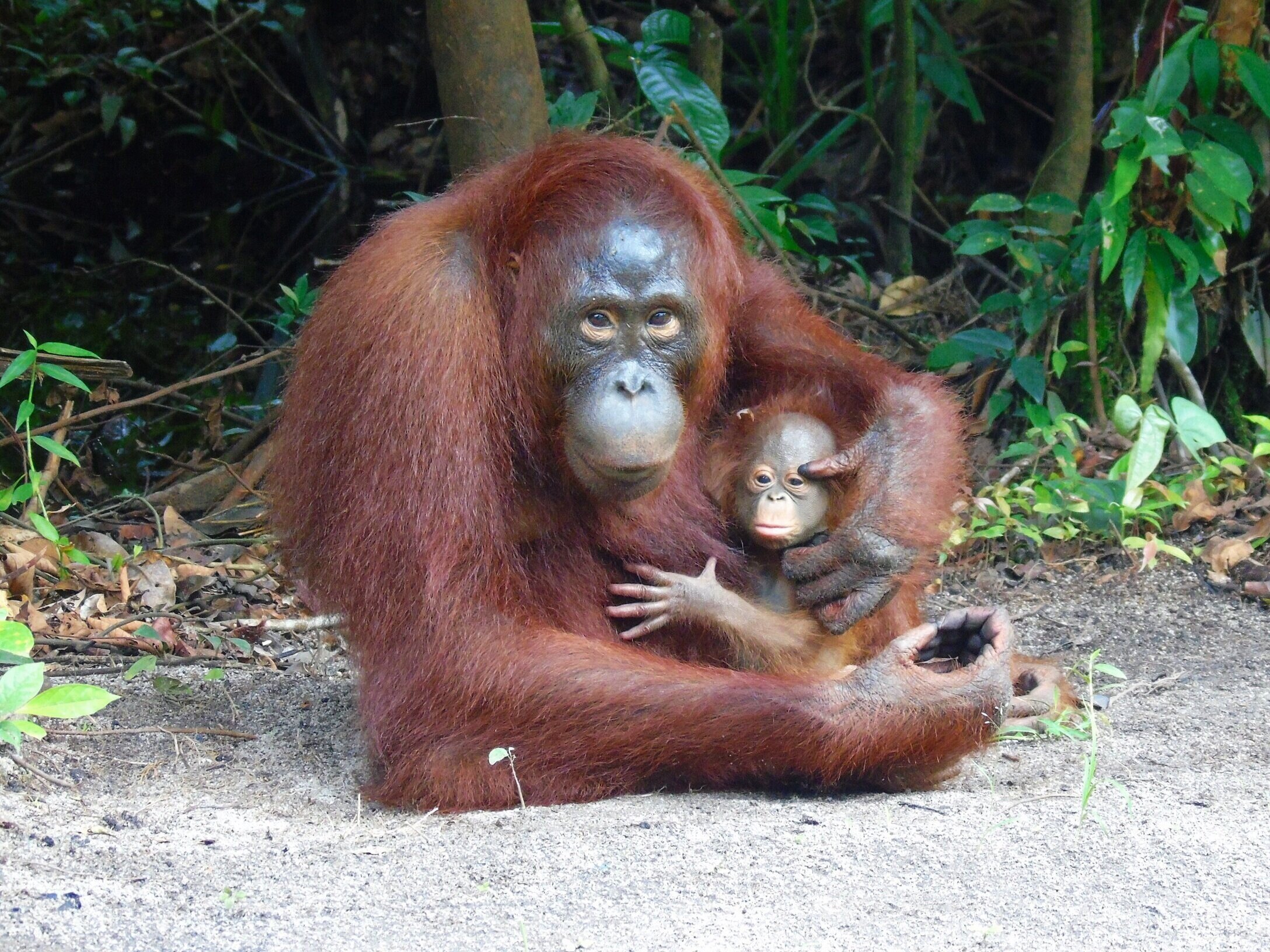
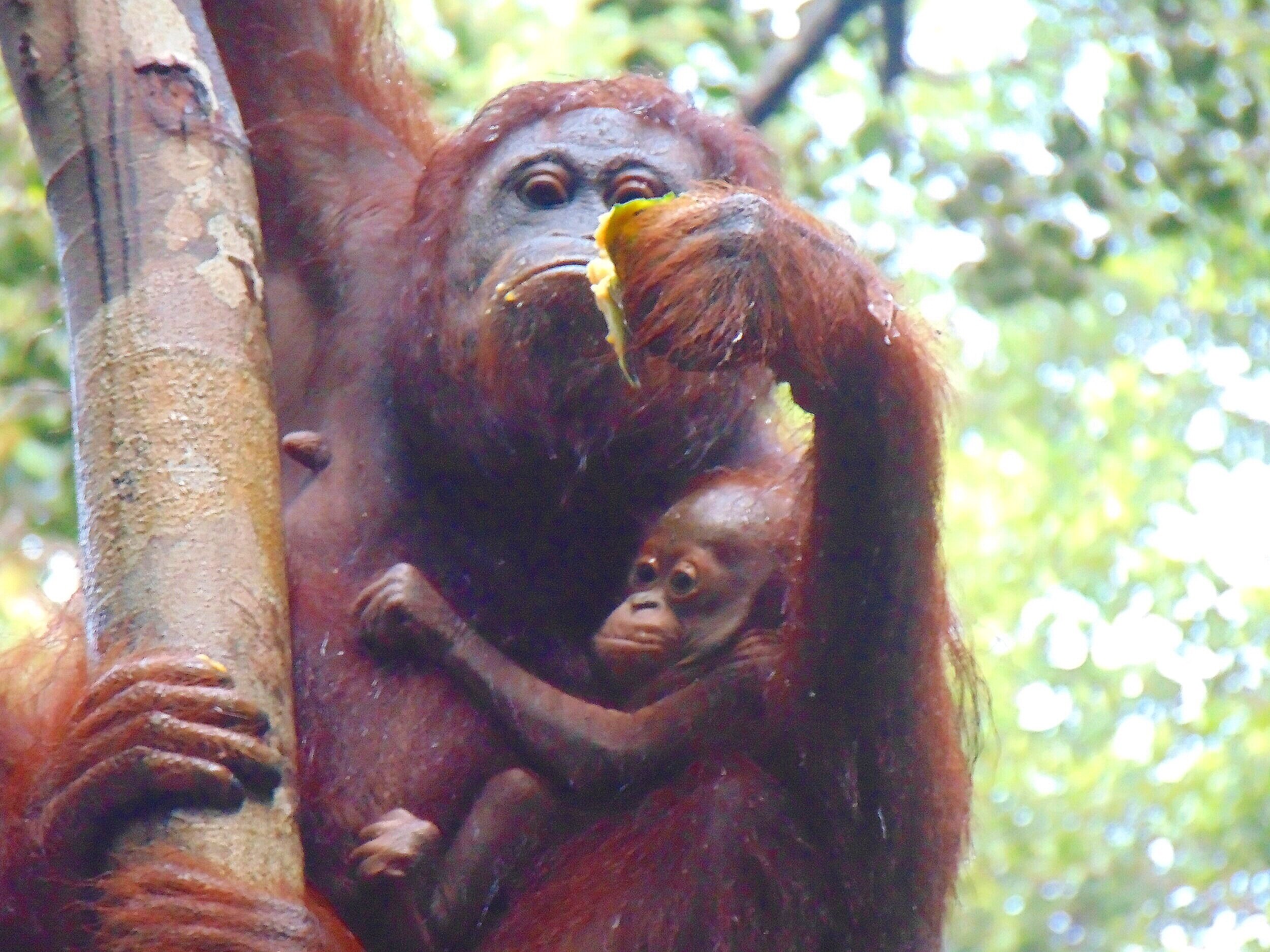
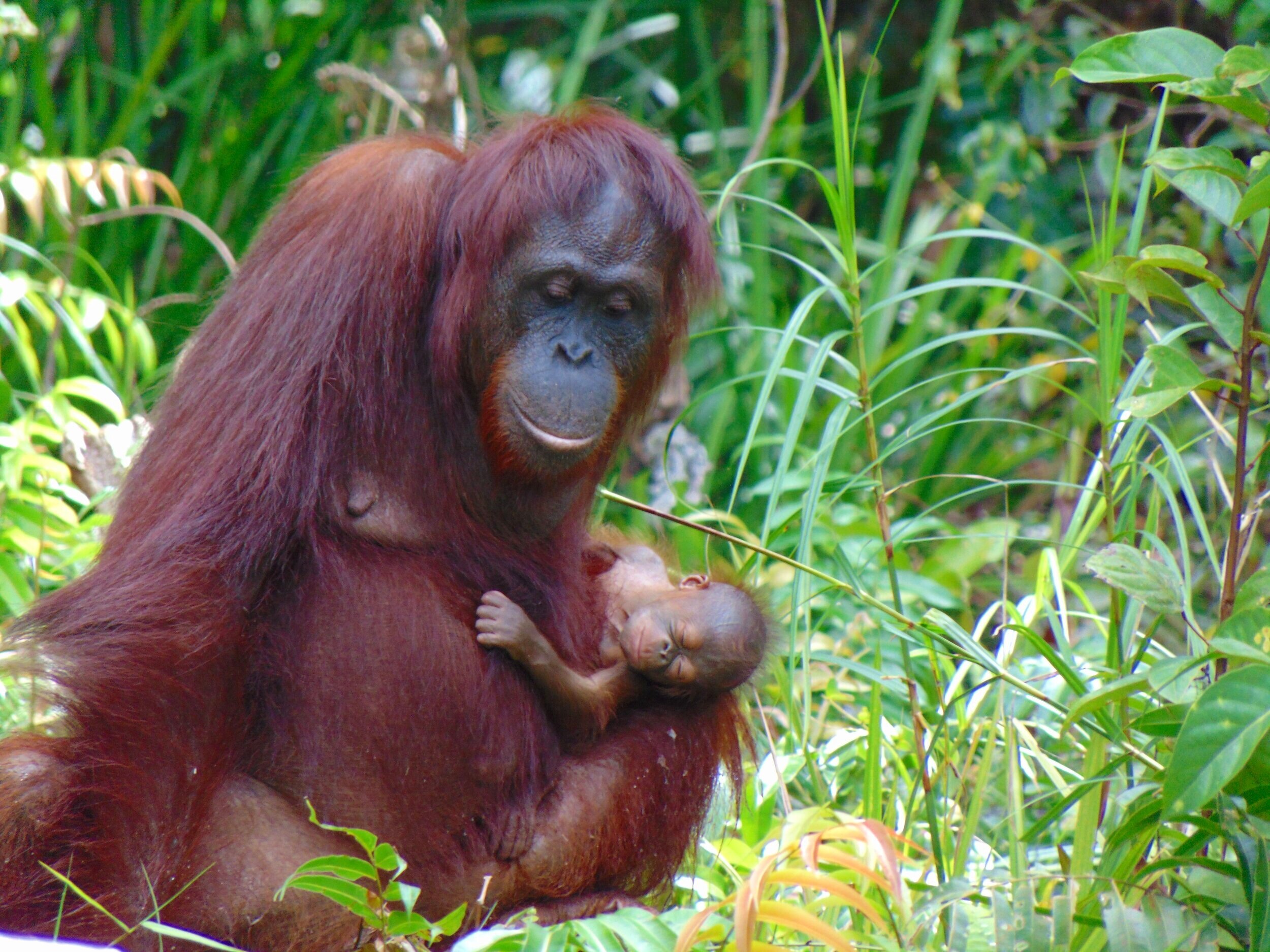

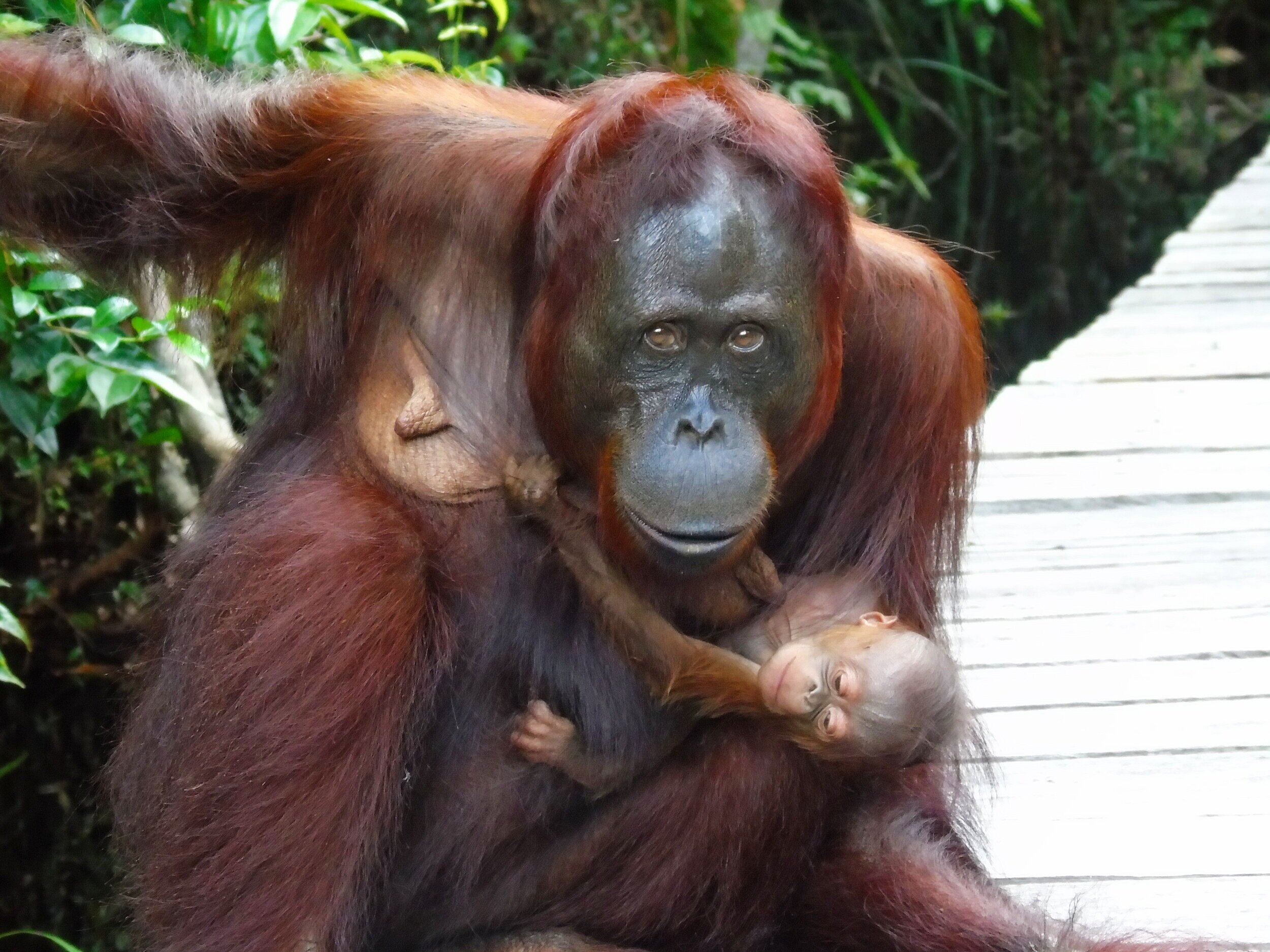
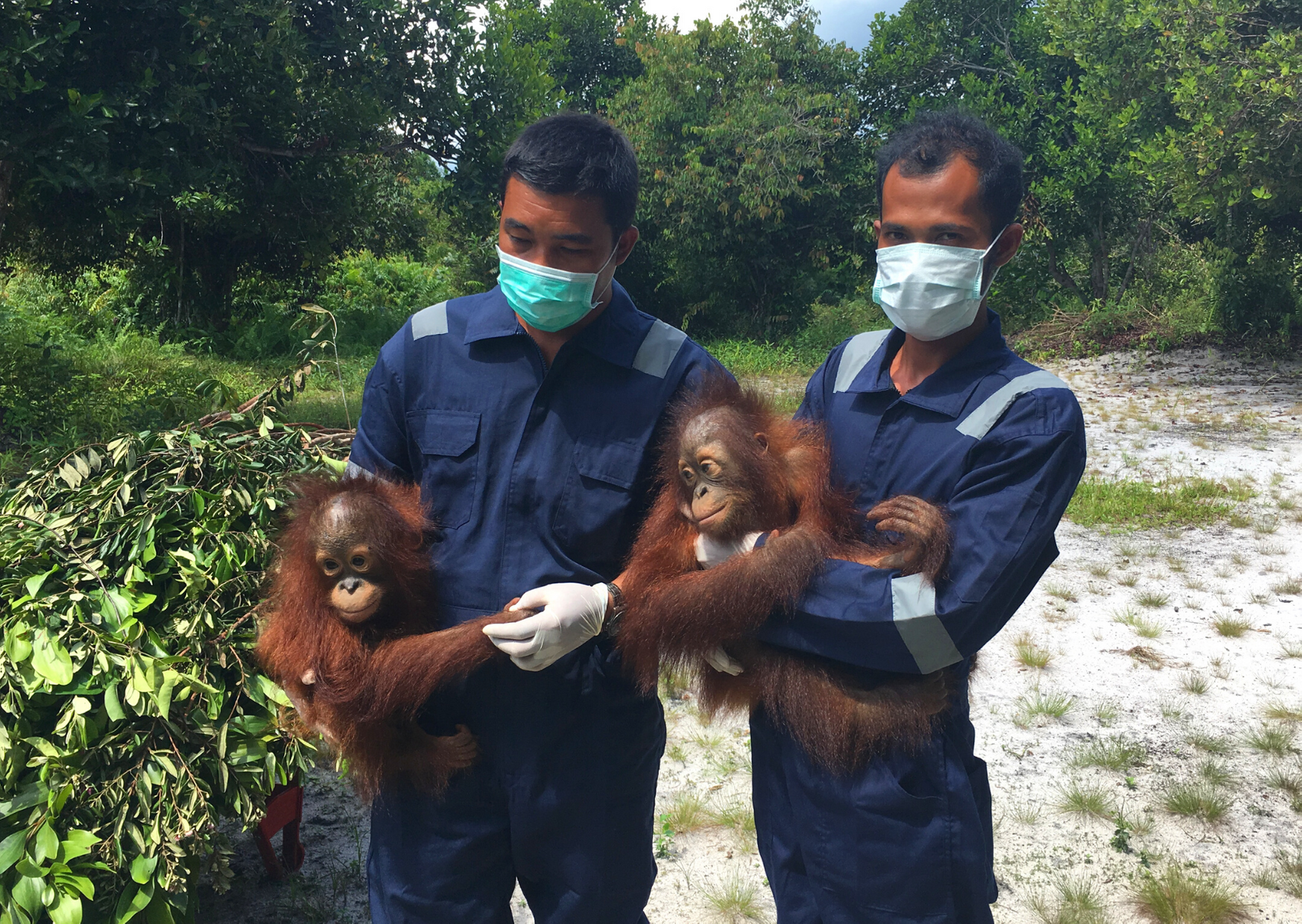
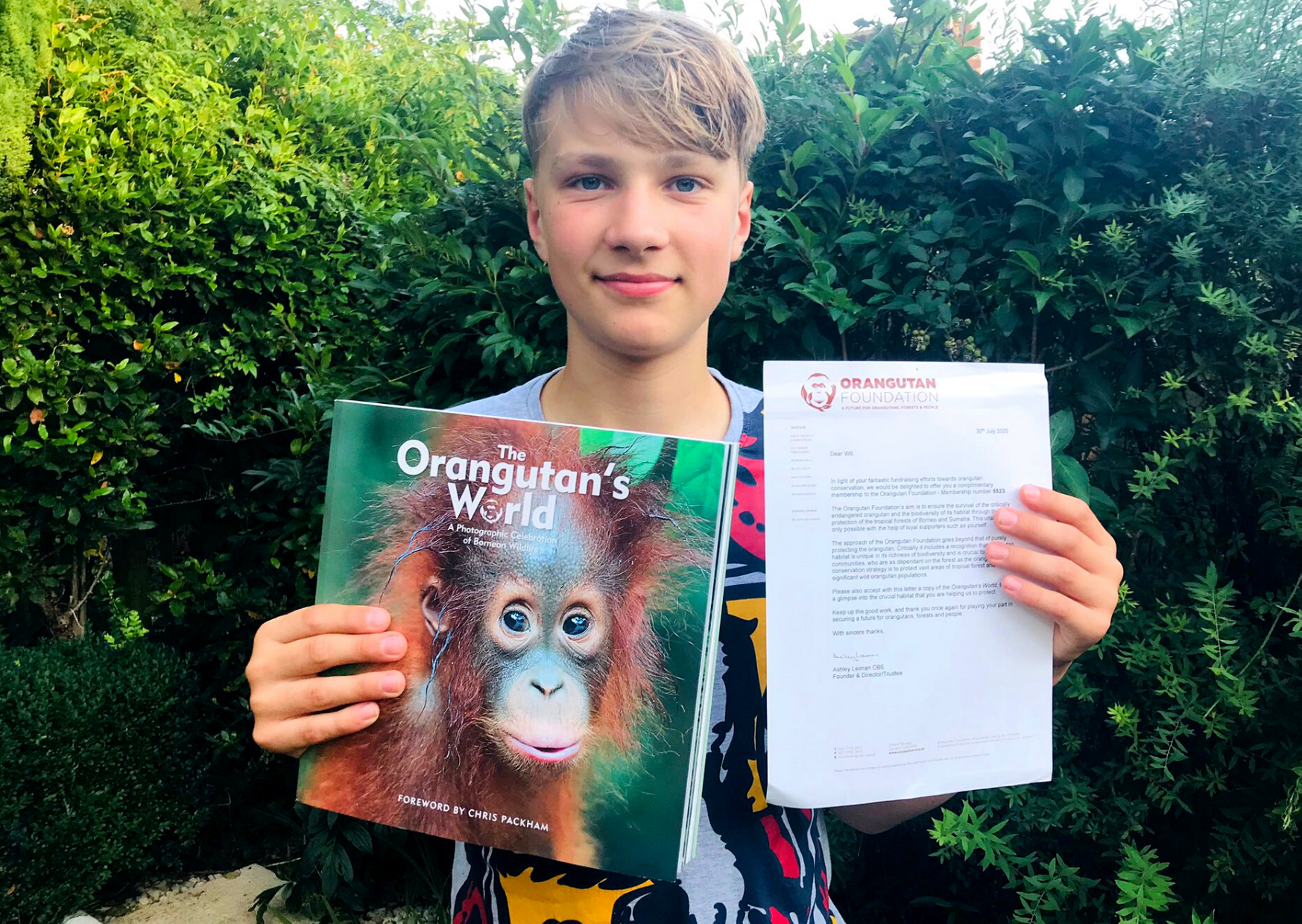
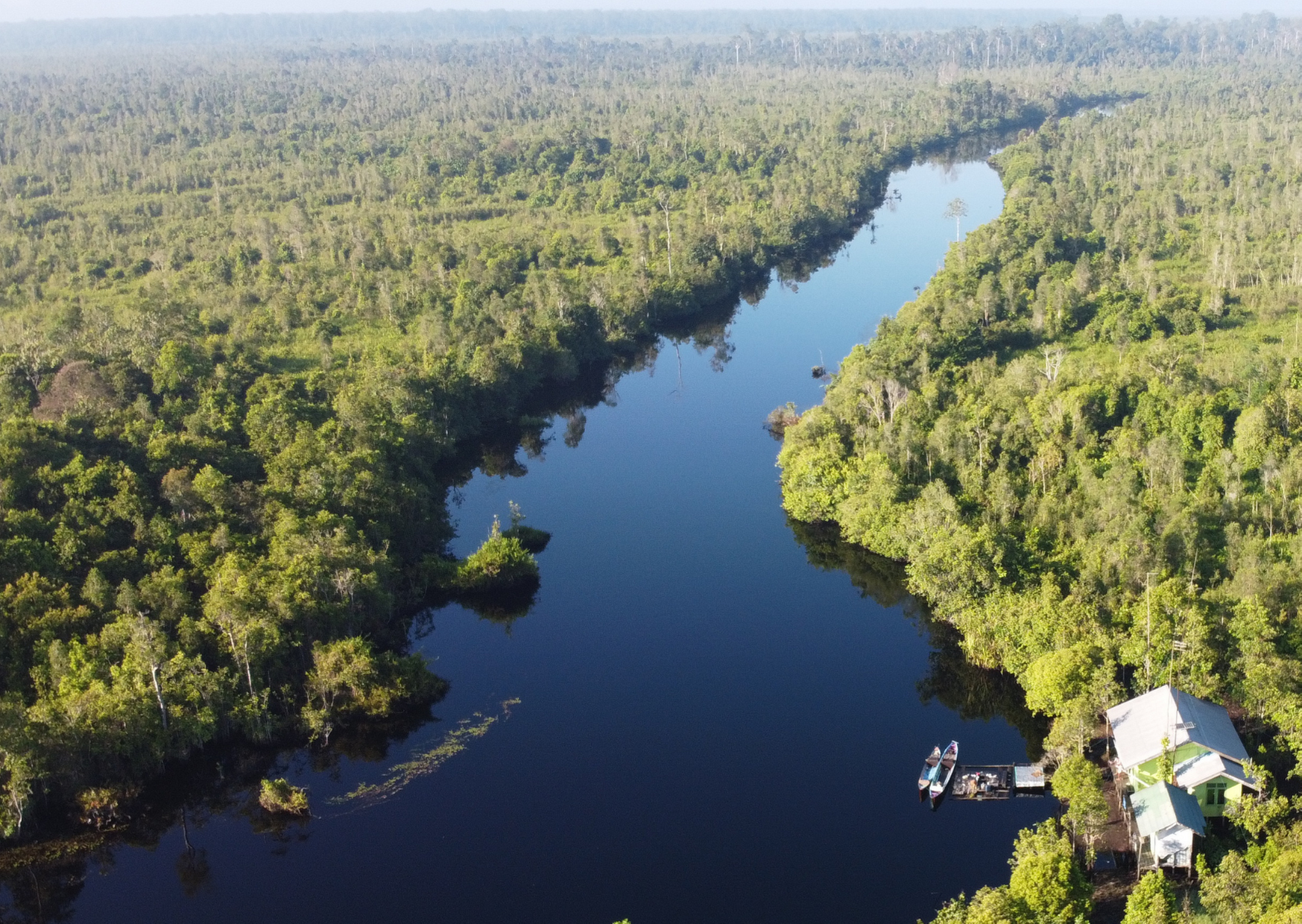
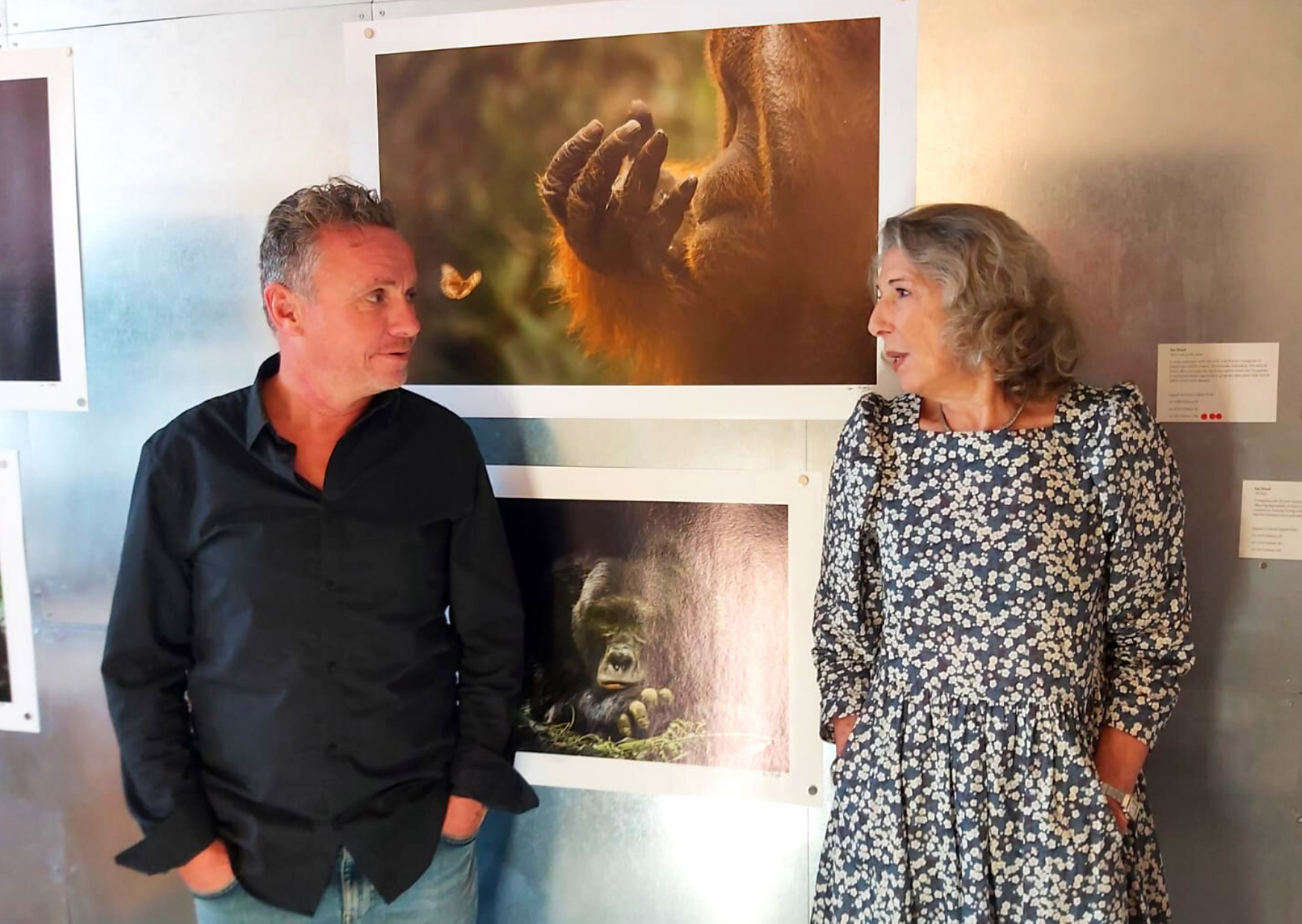
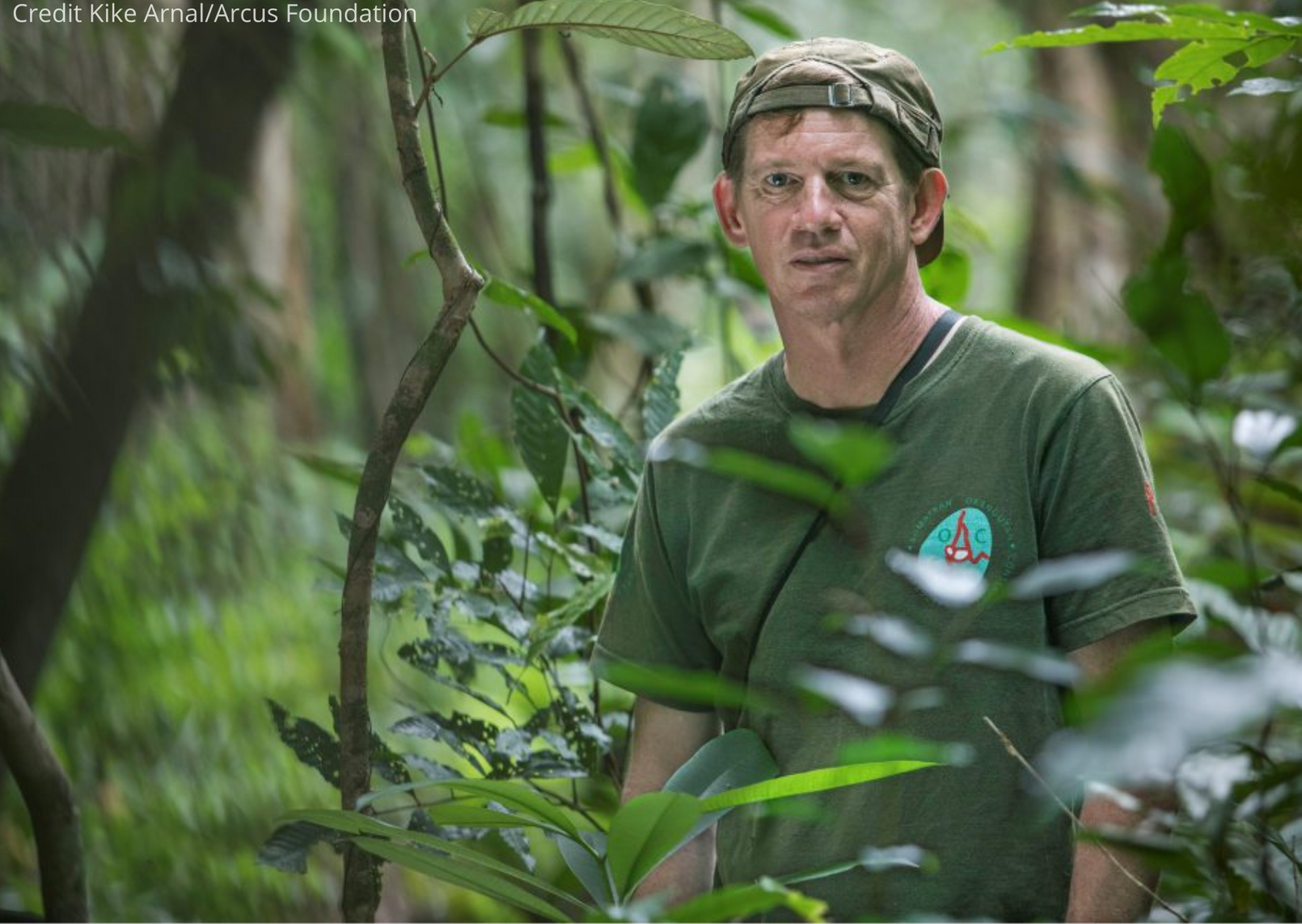
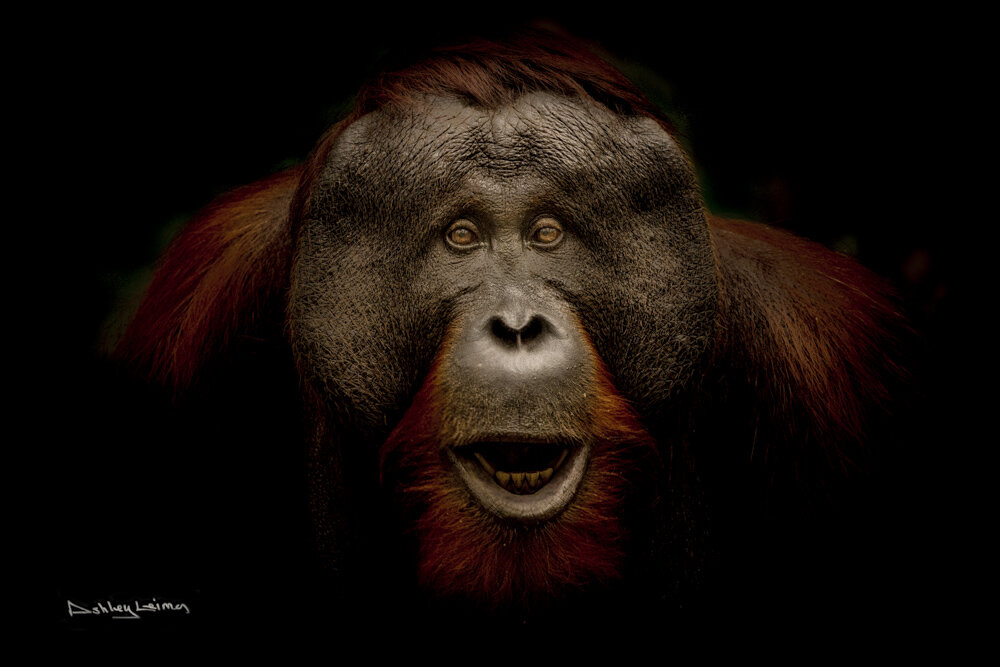





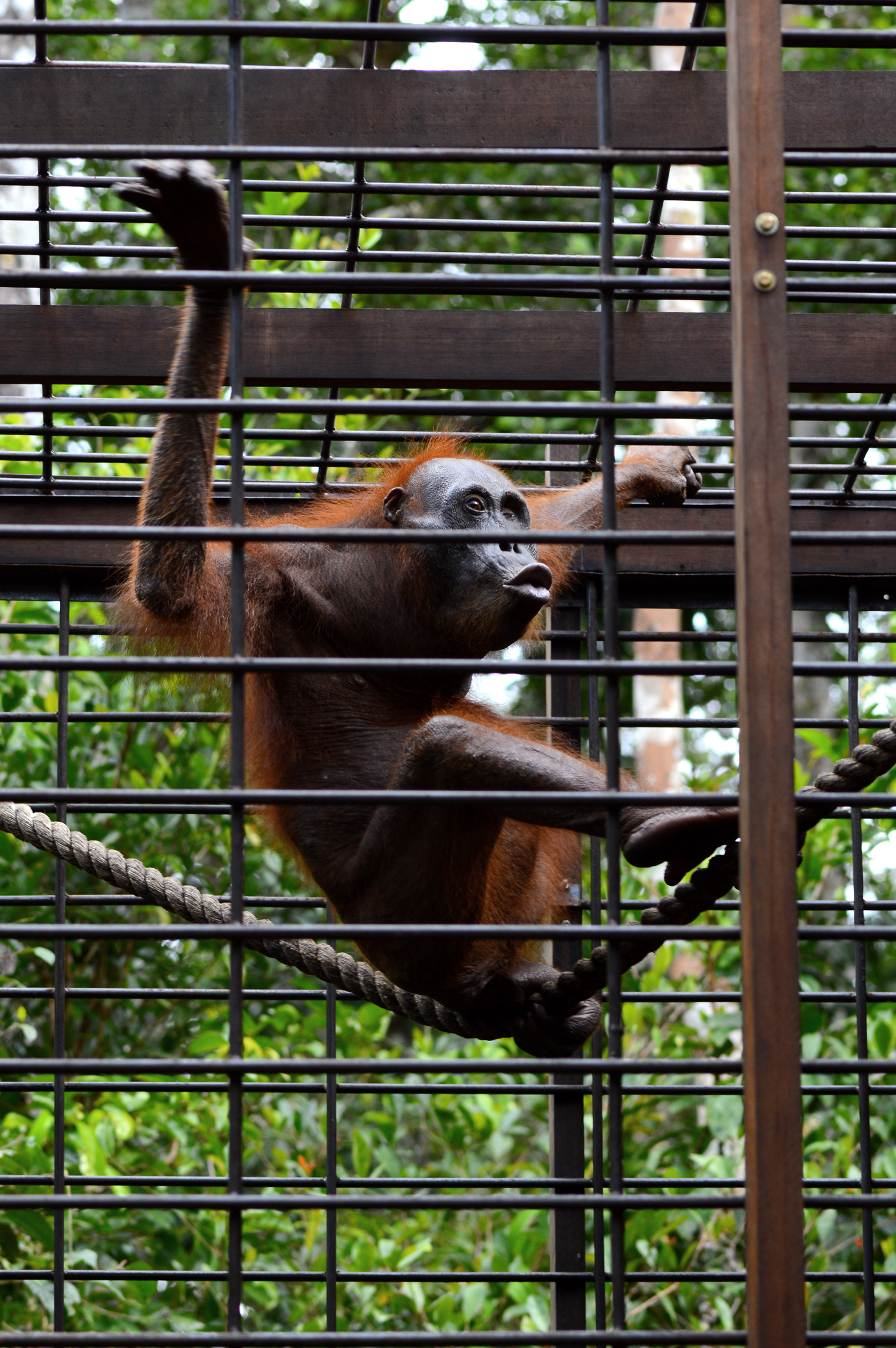
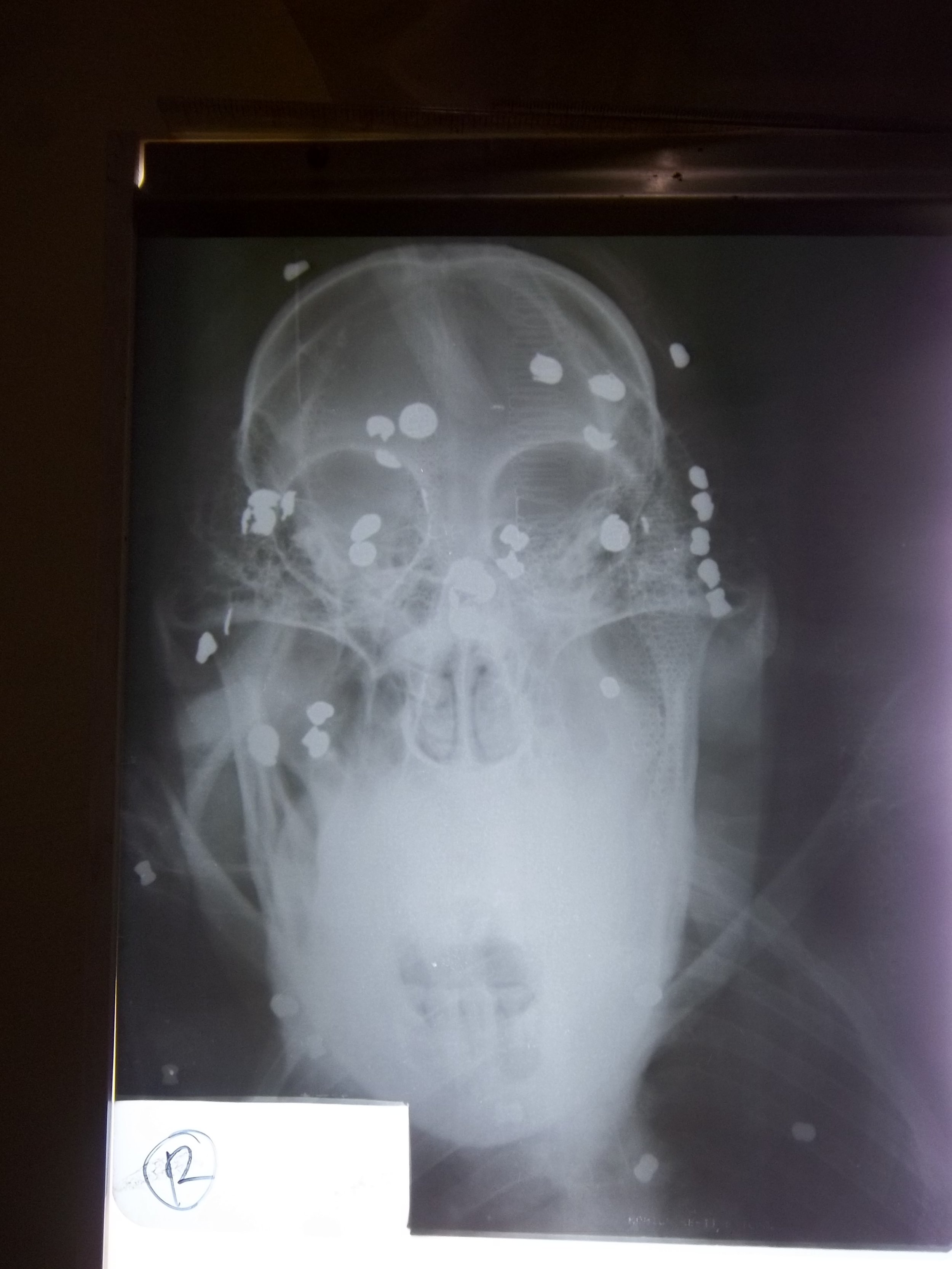
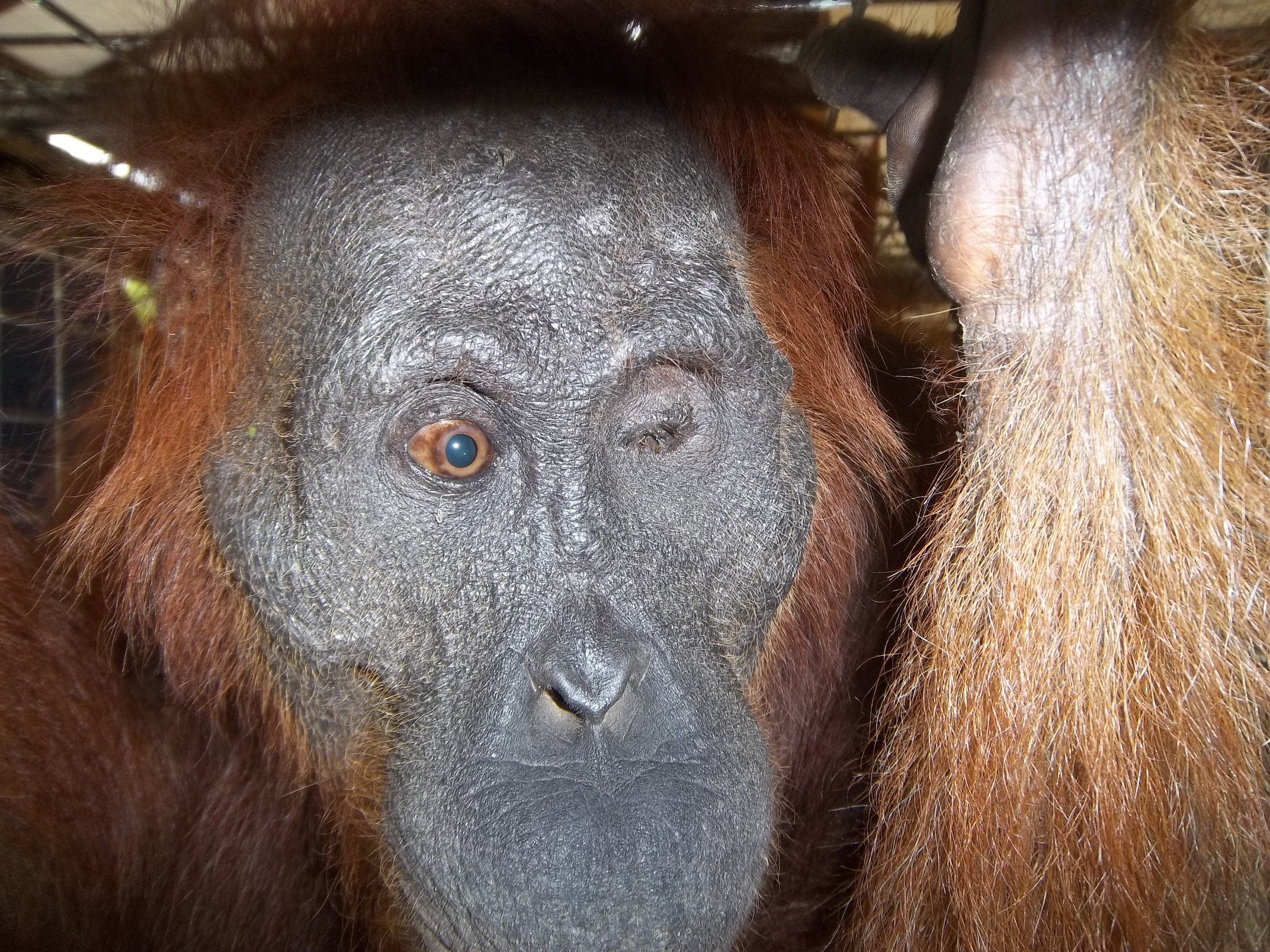
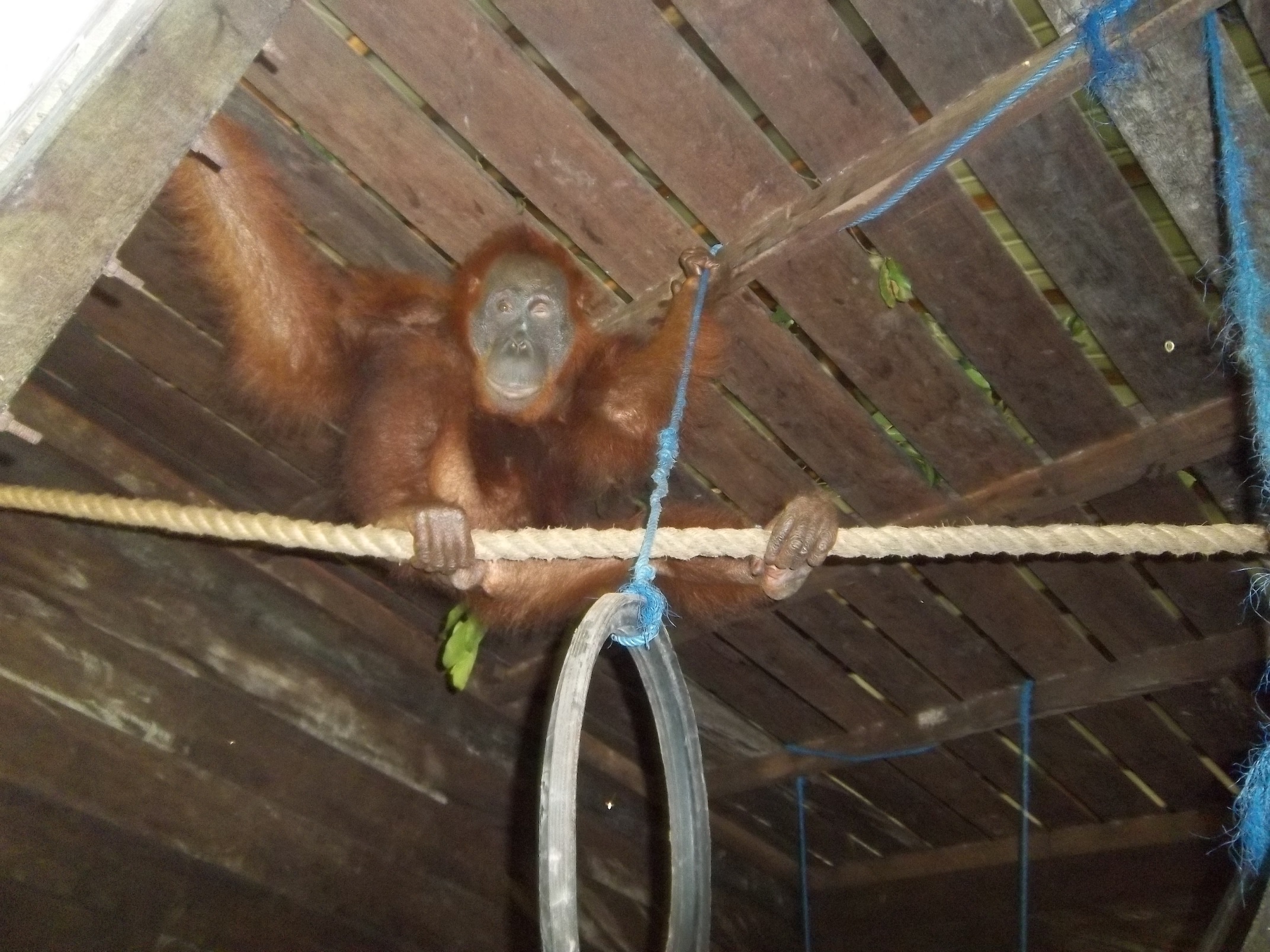
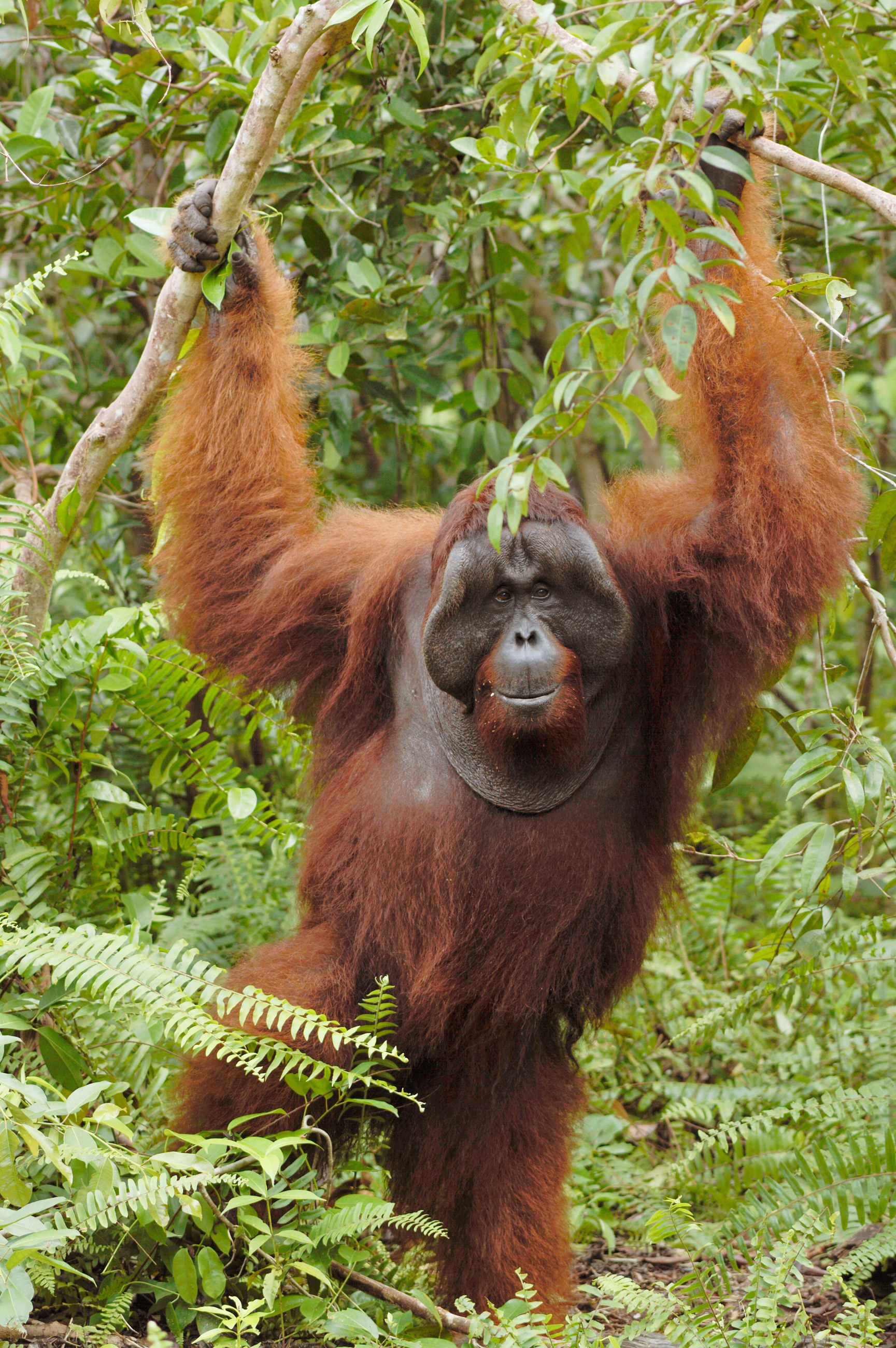
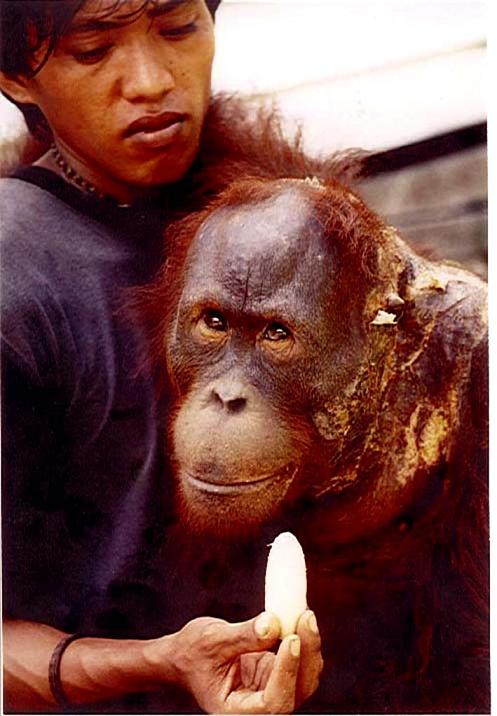
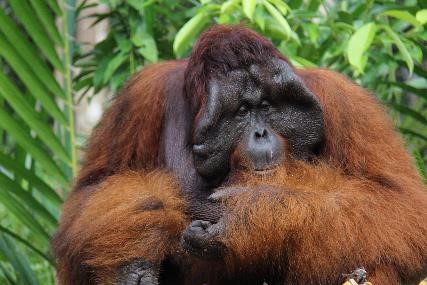
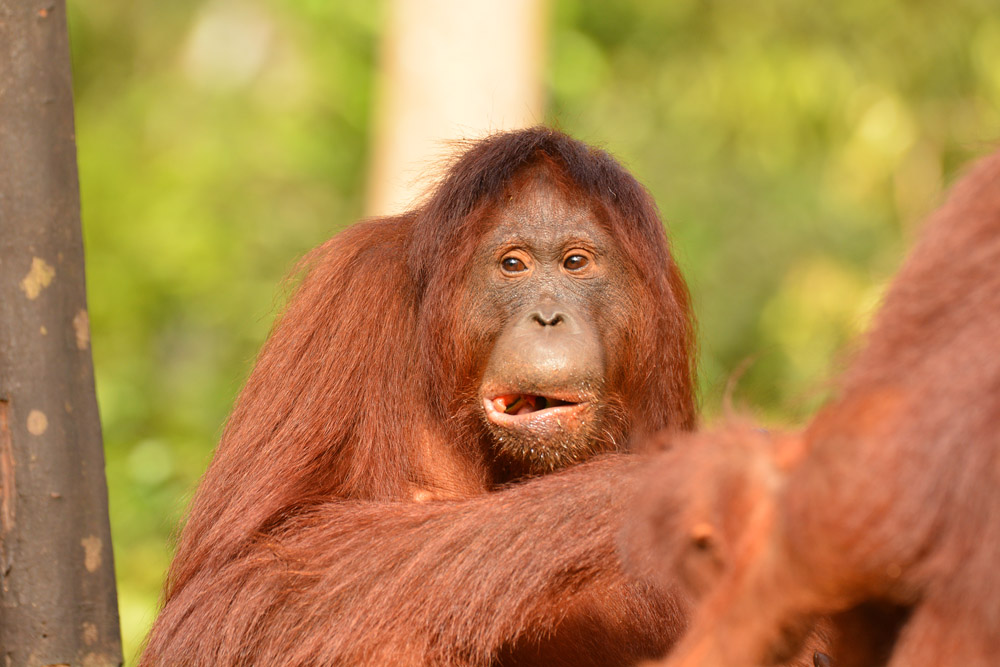
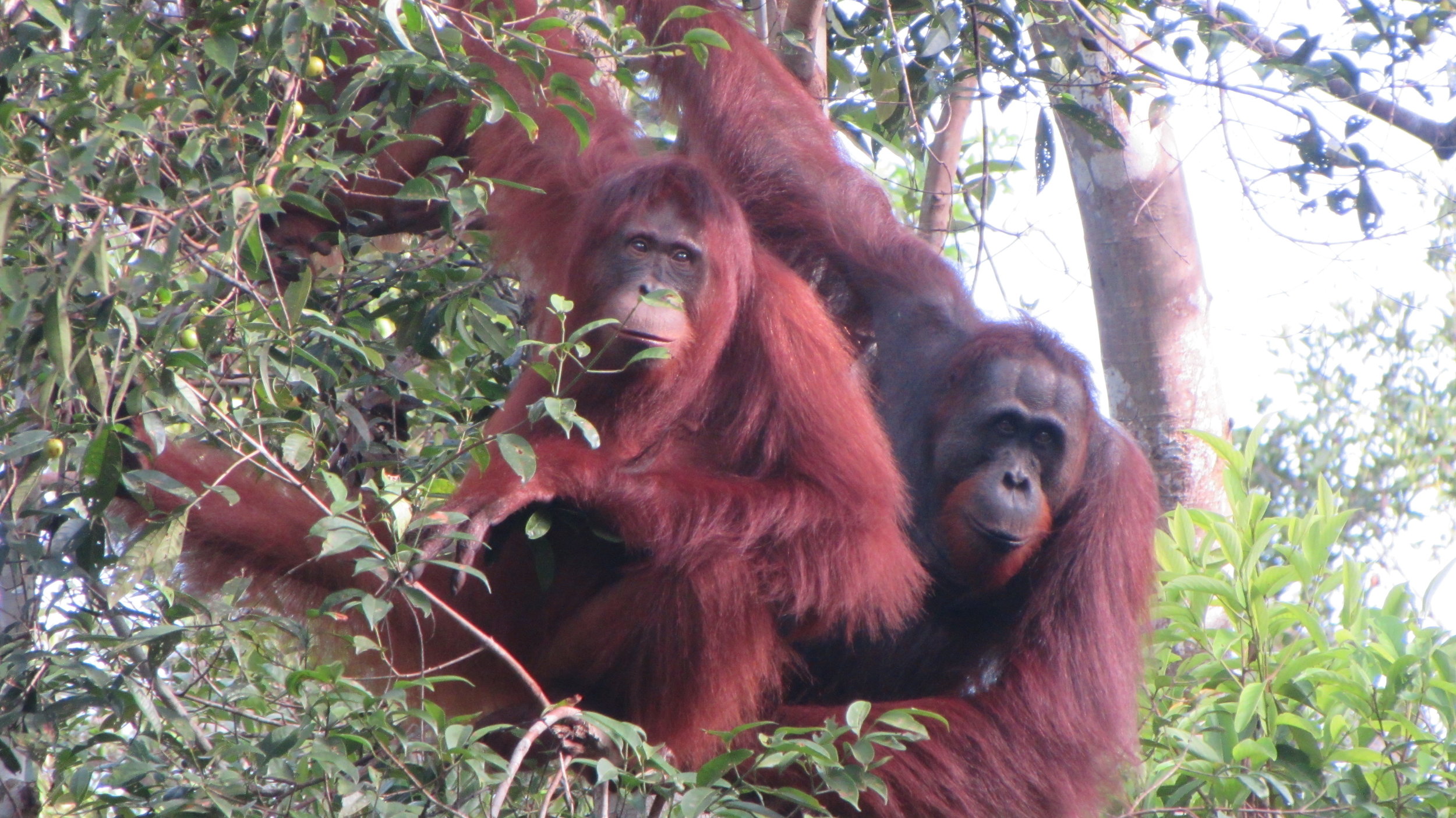
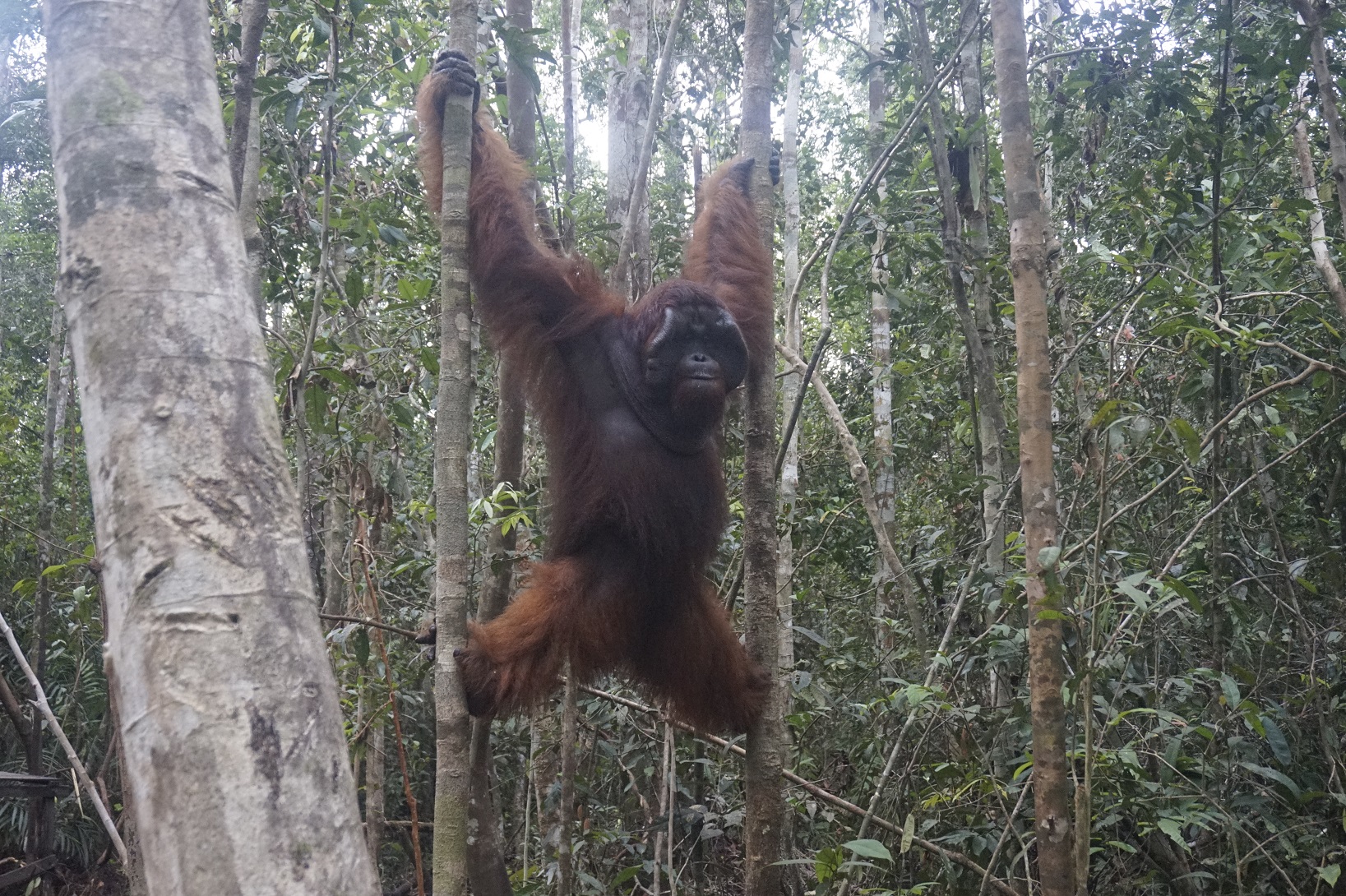


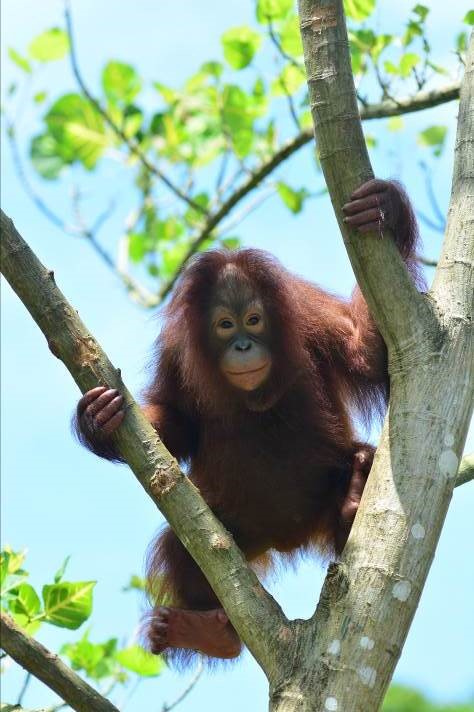
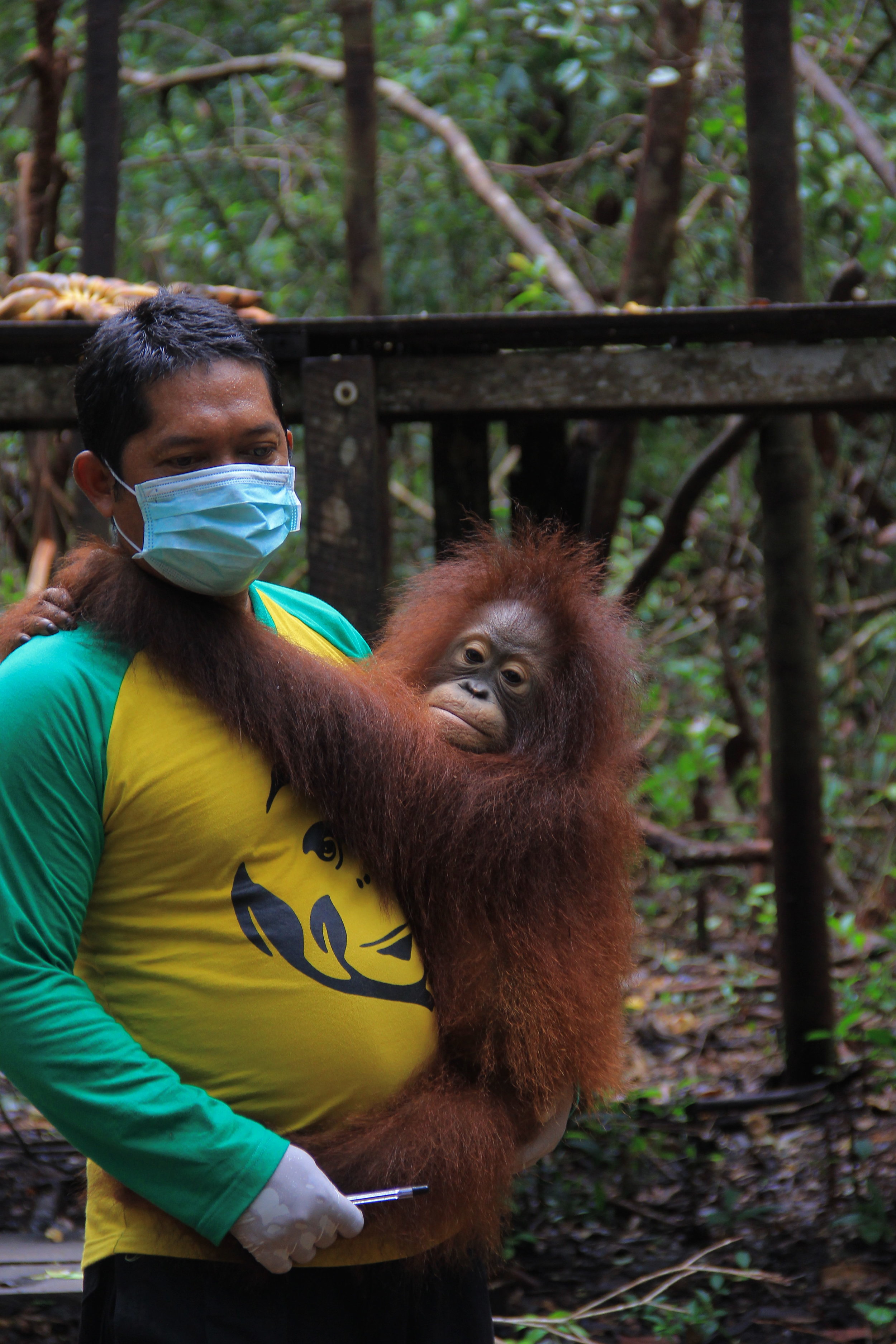
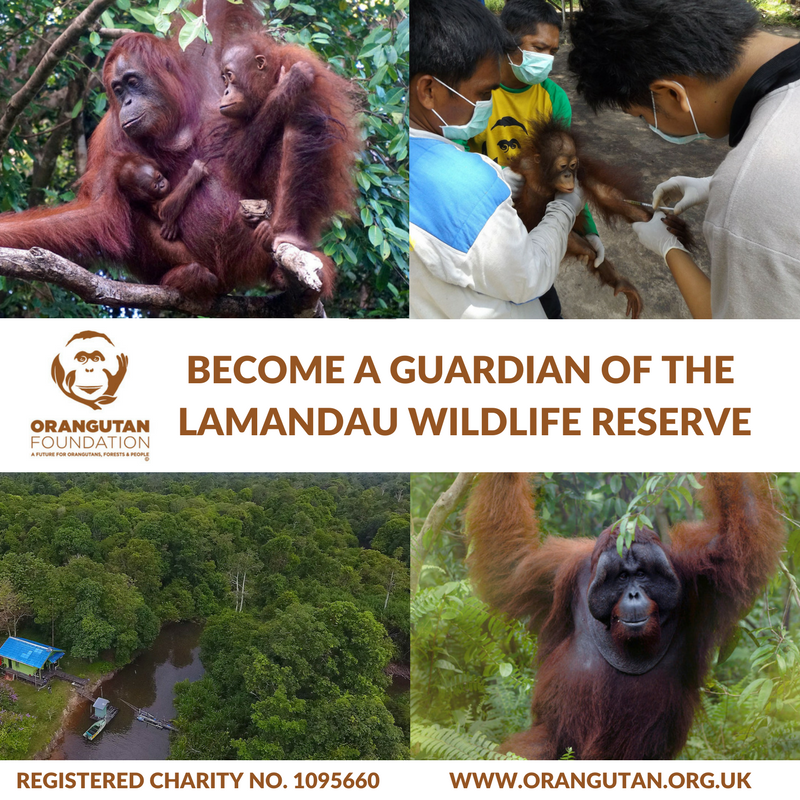


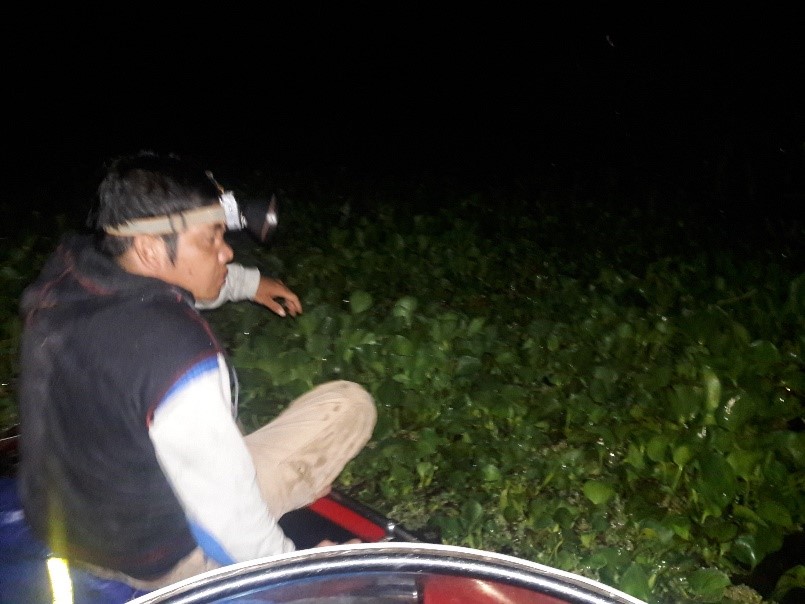

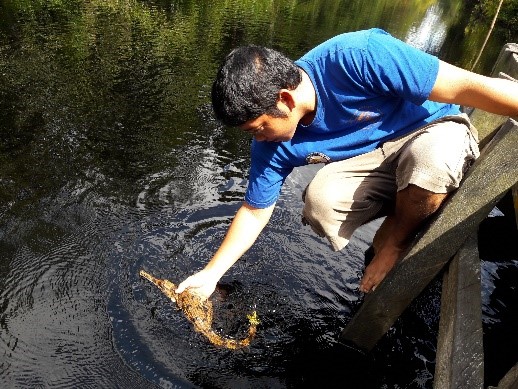

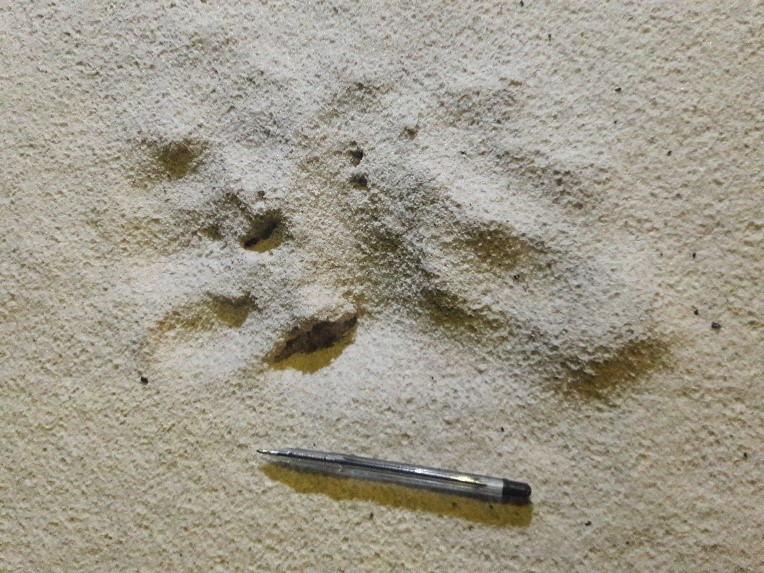

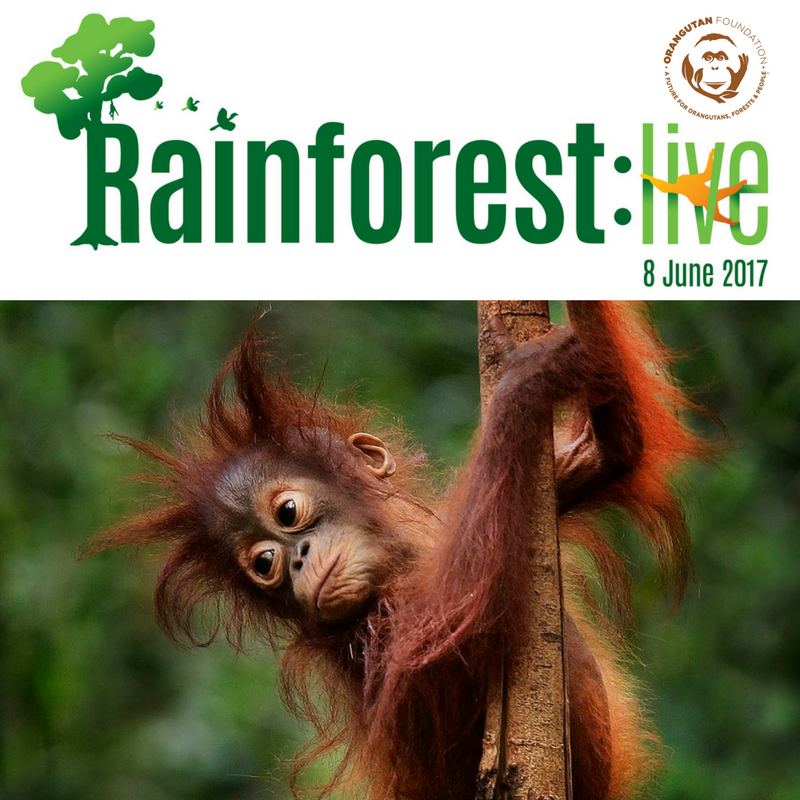 This year we again take part in Rainforest: Live, a global social media event set up by Borneo Nature Foundation, with more than 50 organisations taking part.
This year we again take part in Rainforest: Live, a global social media event set up by Borneo Nature Foundation, with more than 50 organisations taking part.